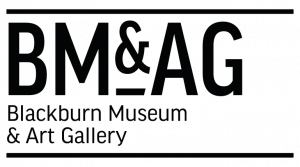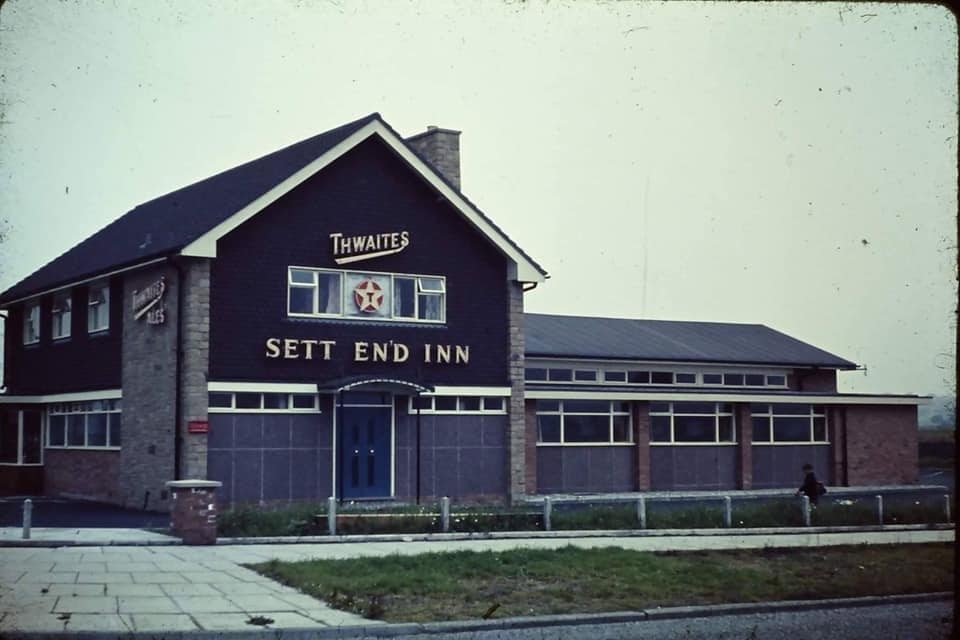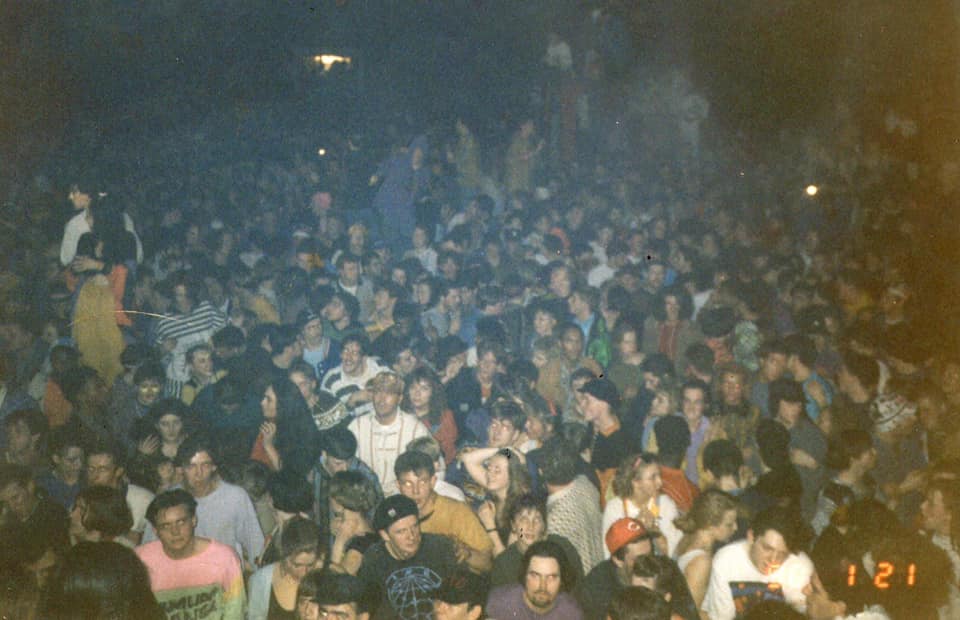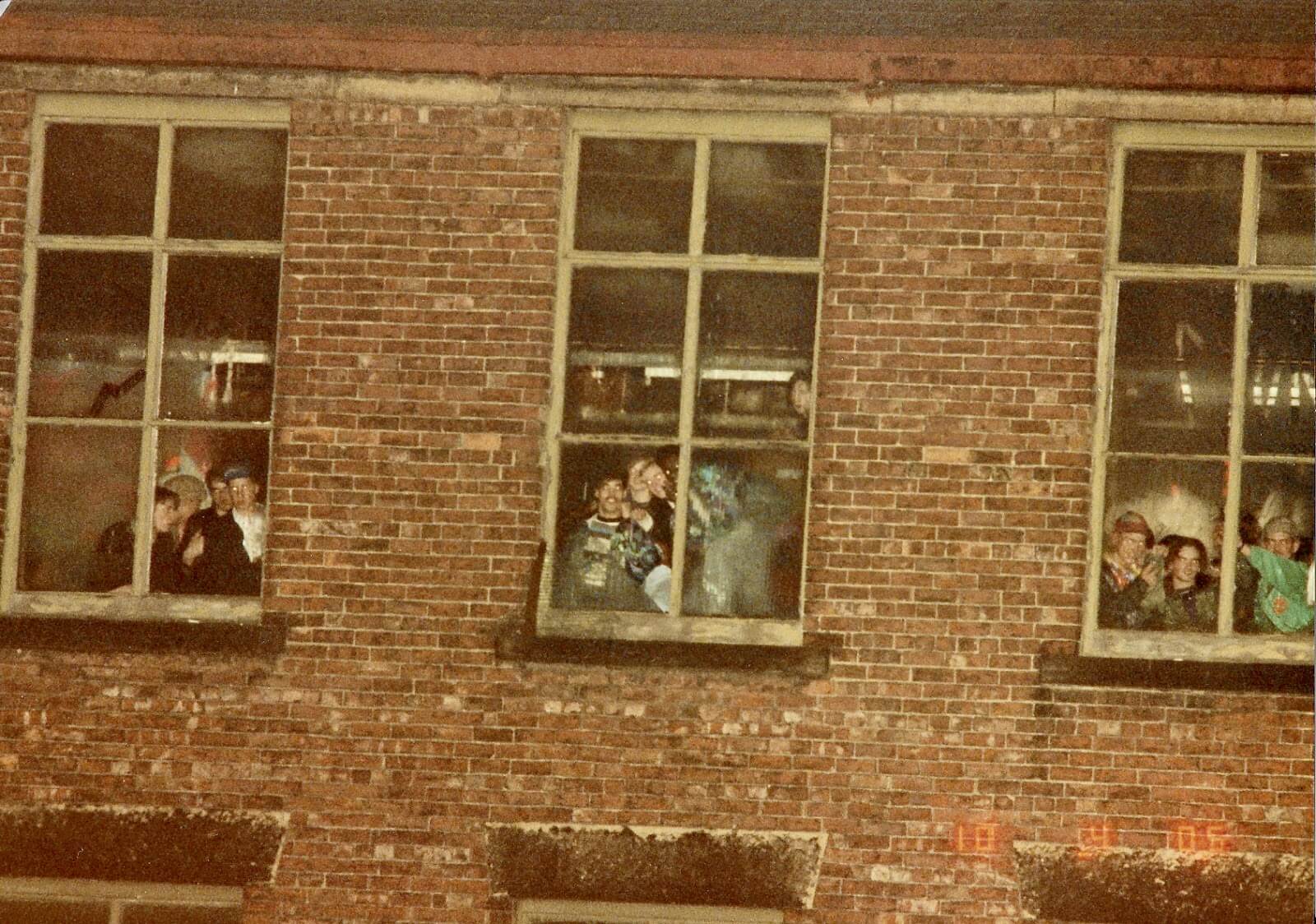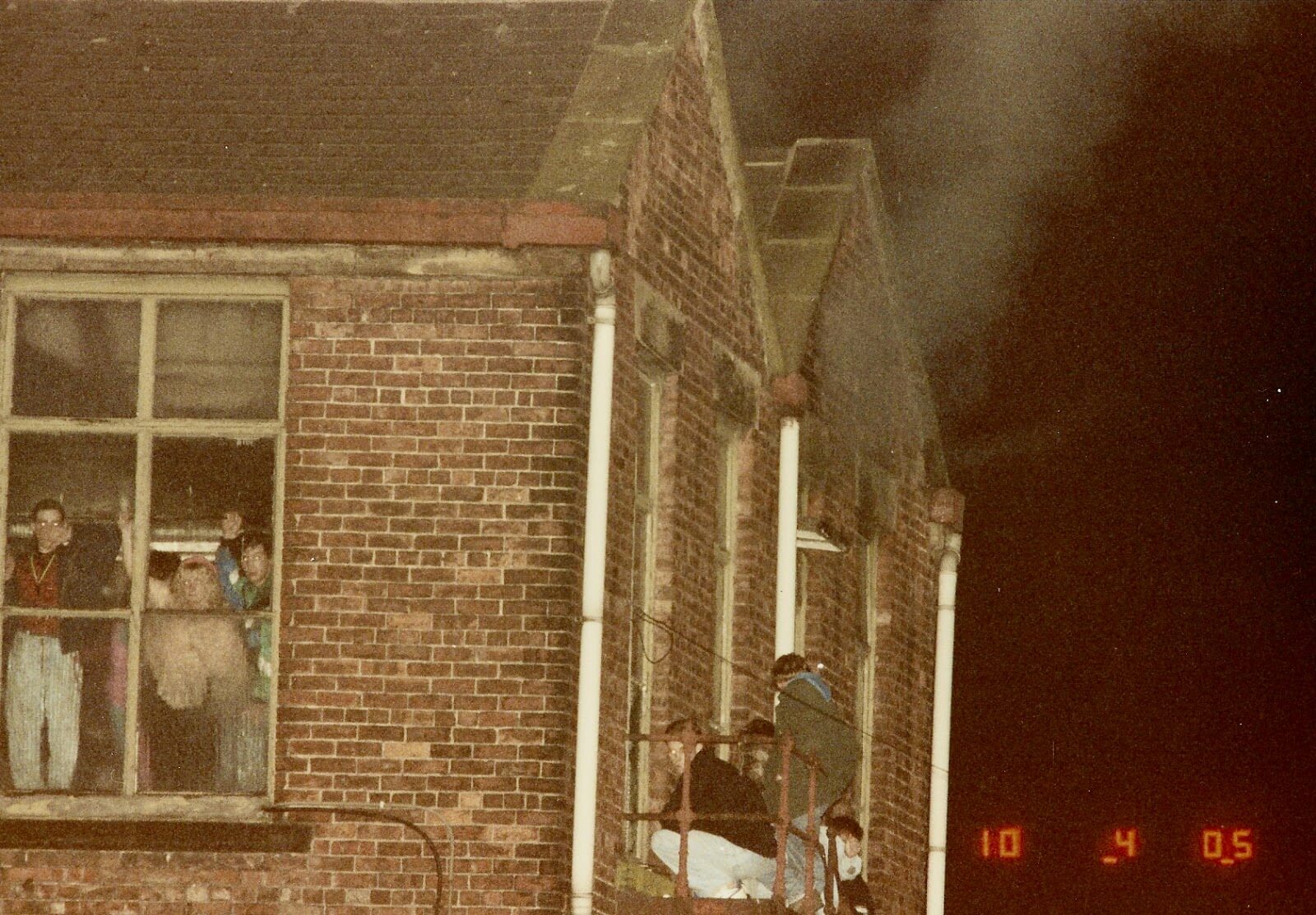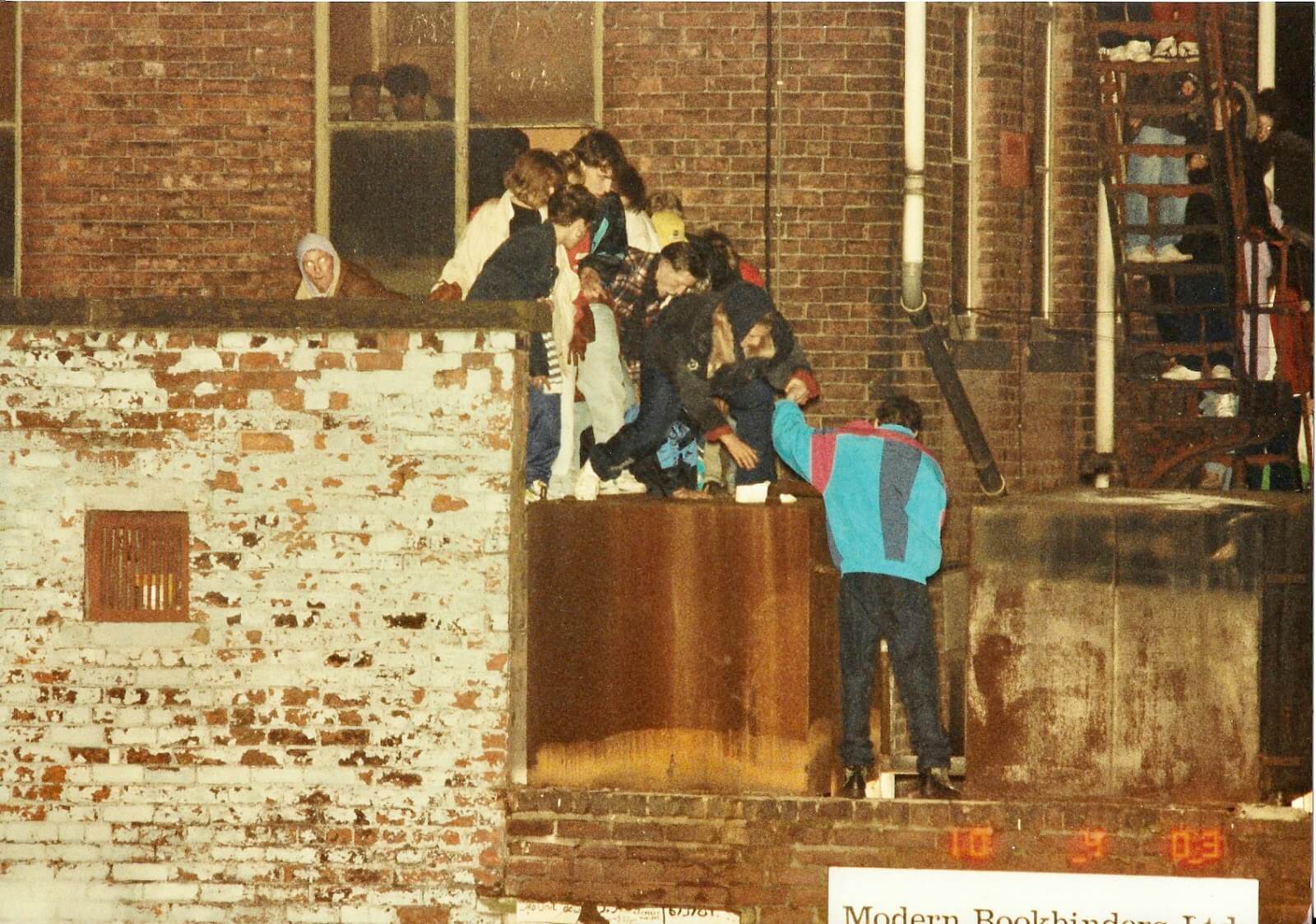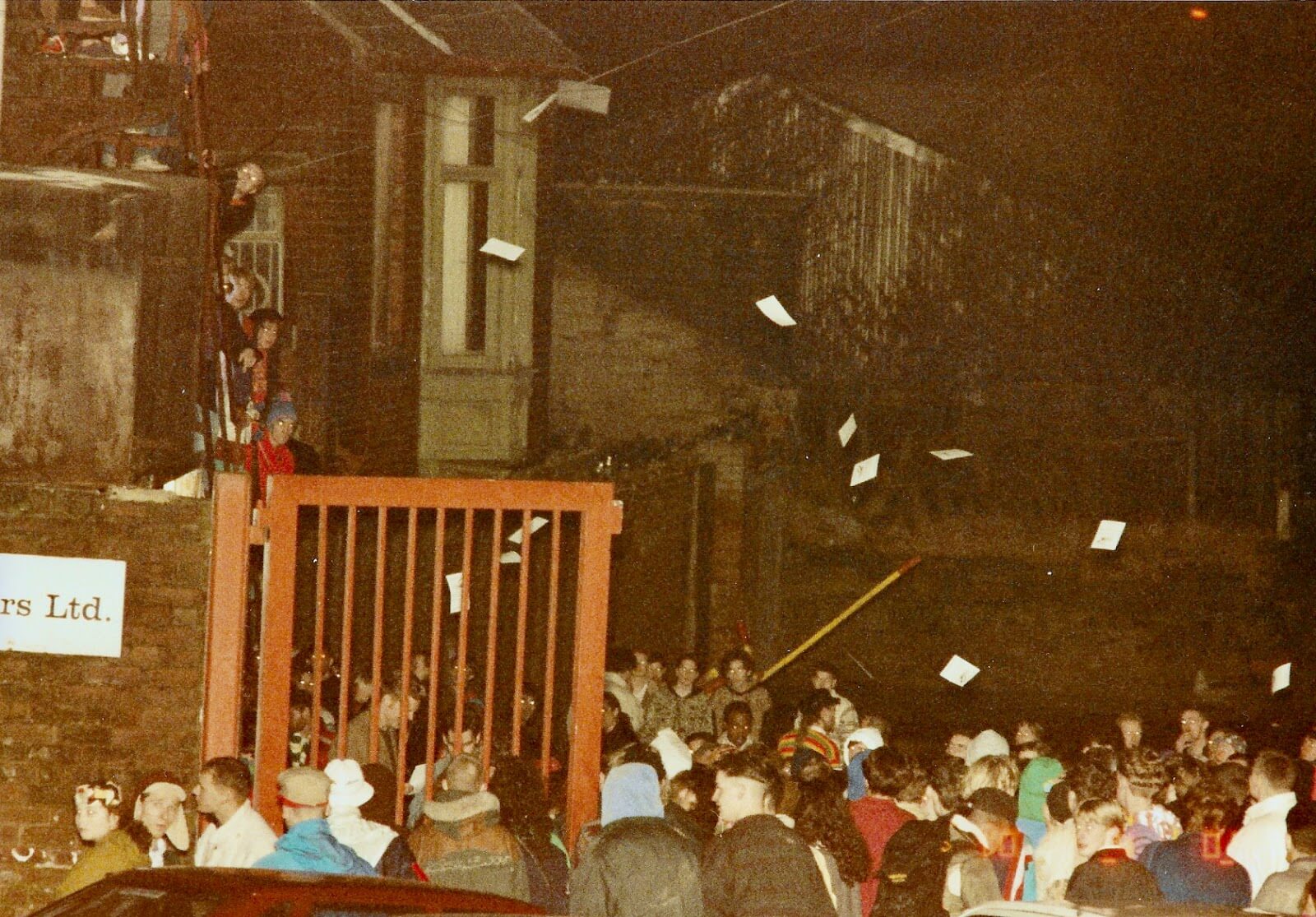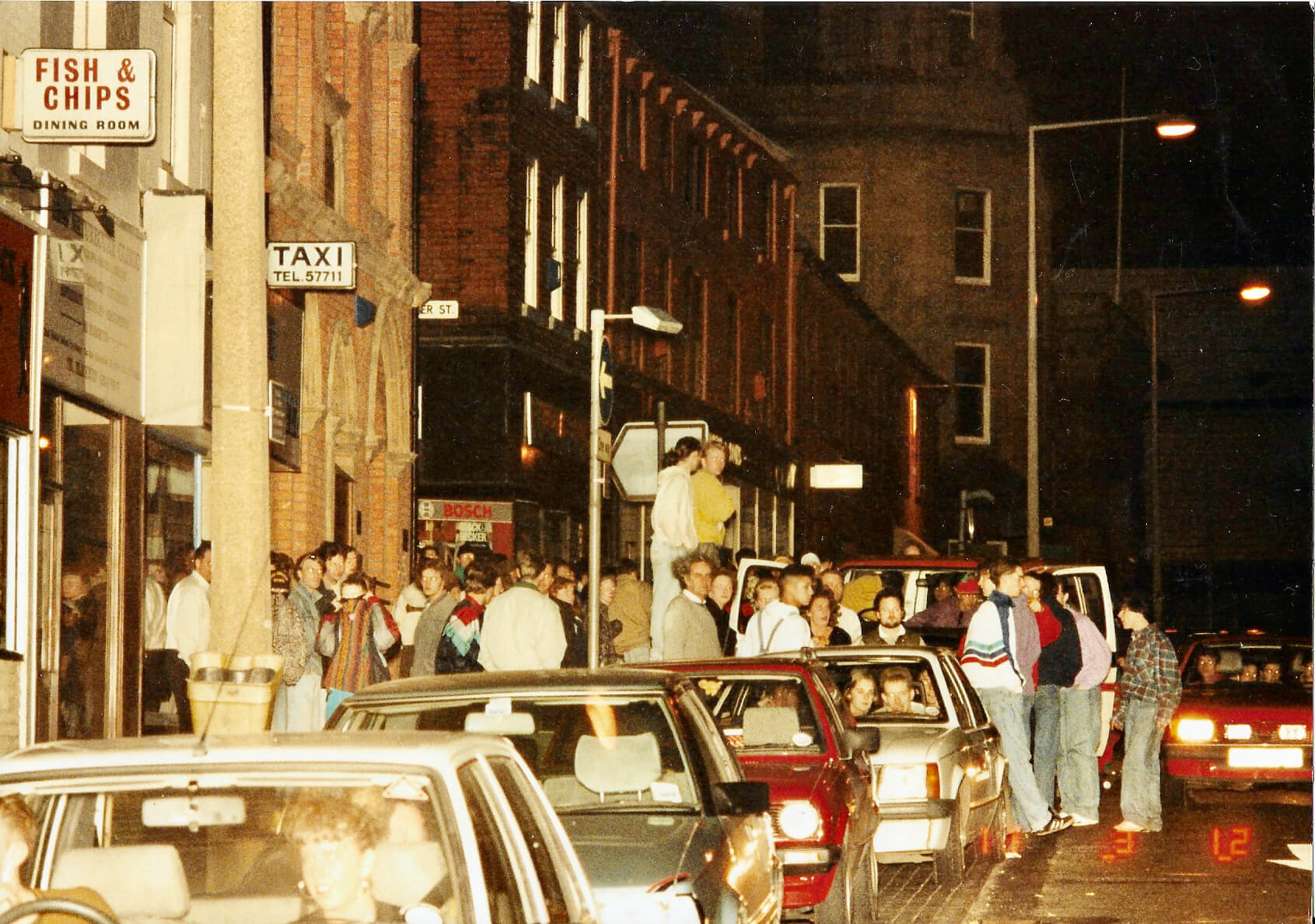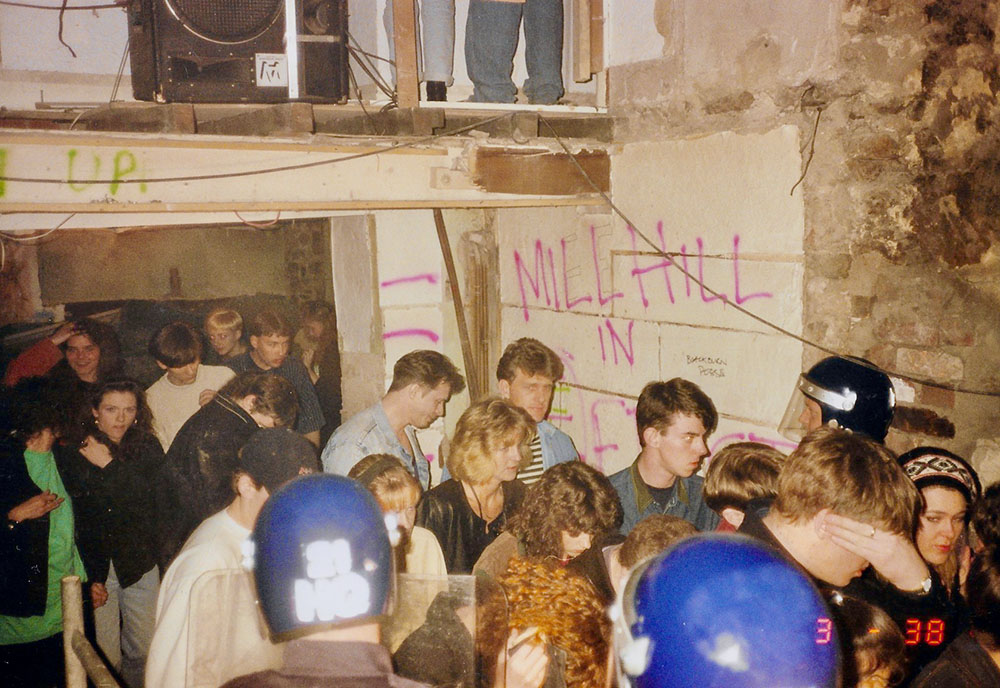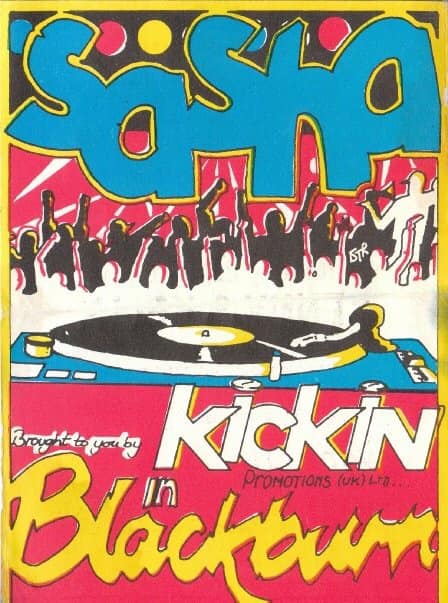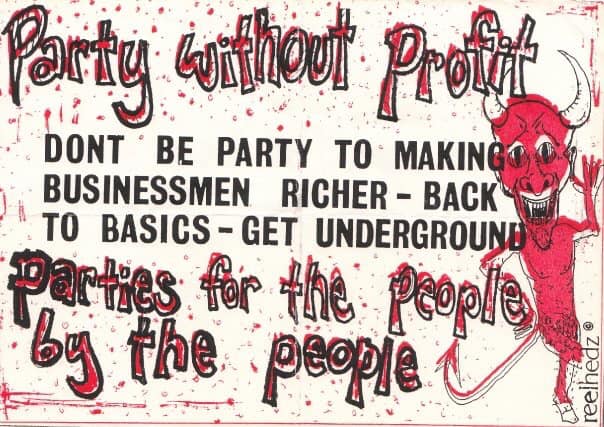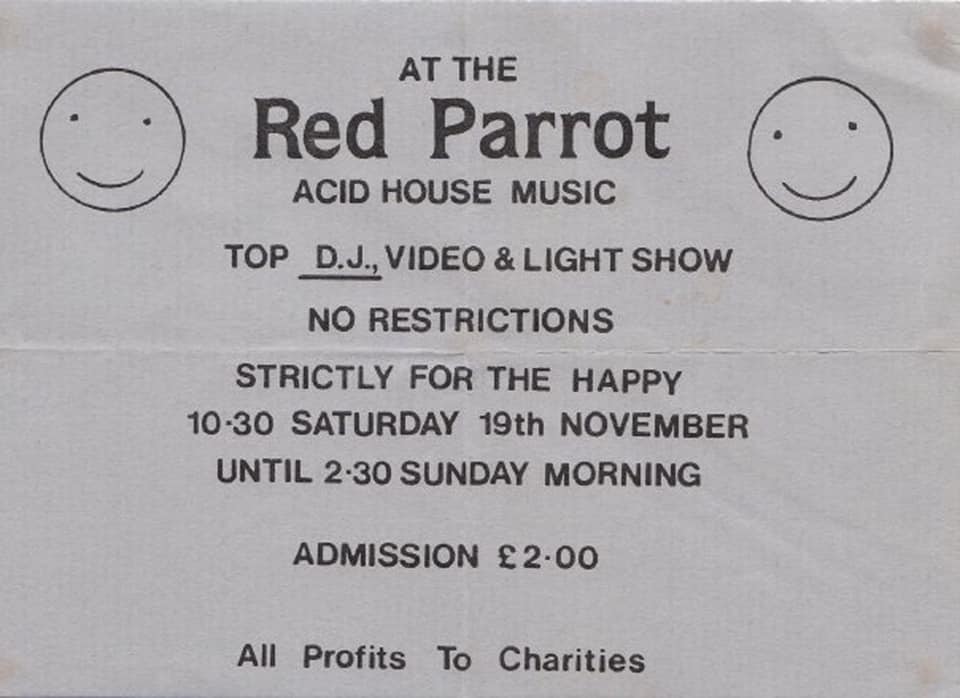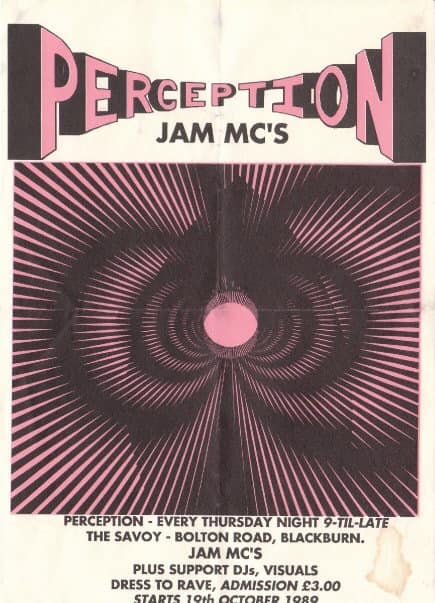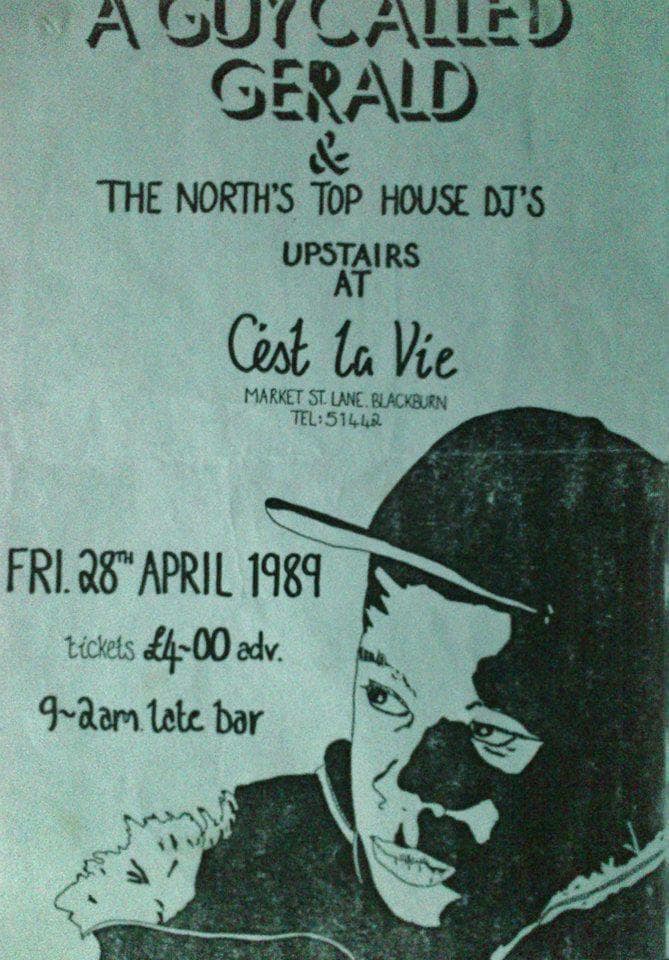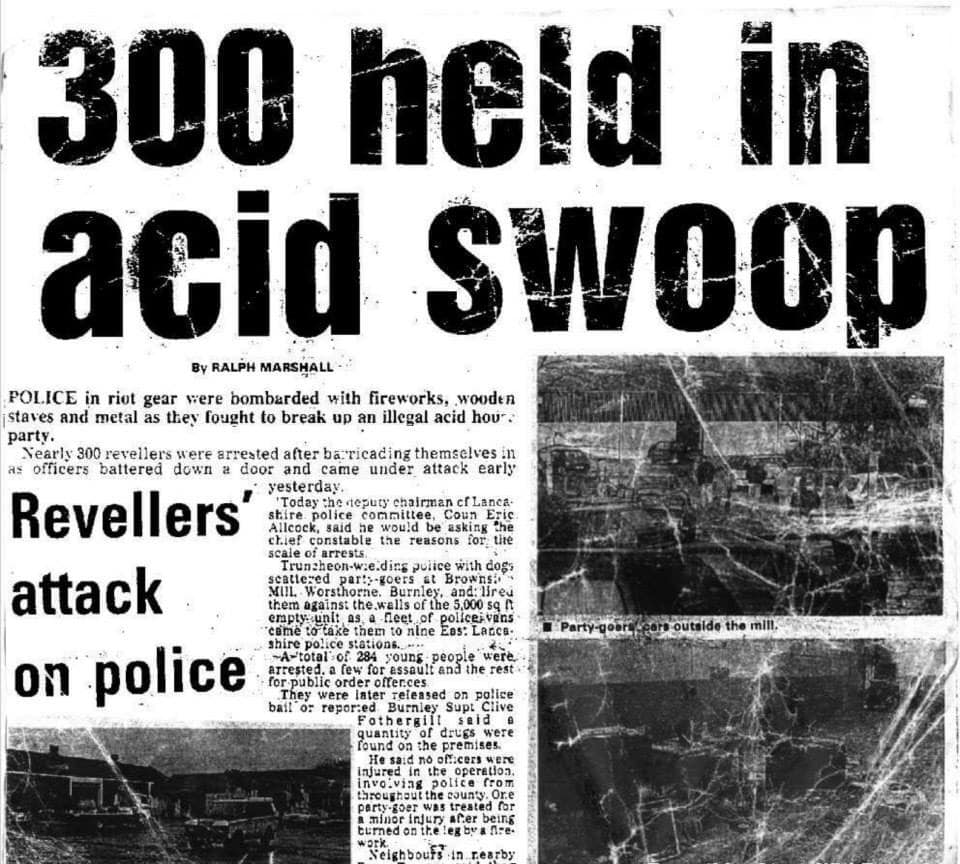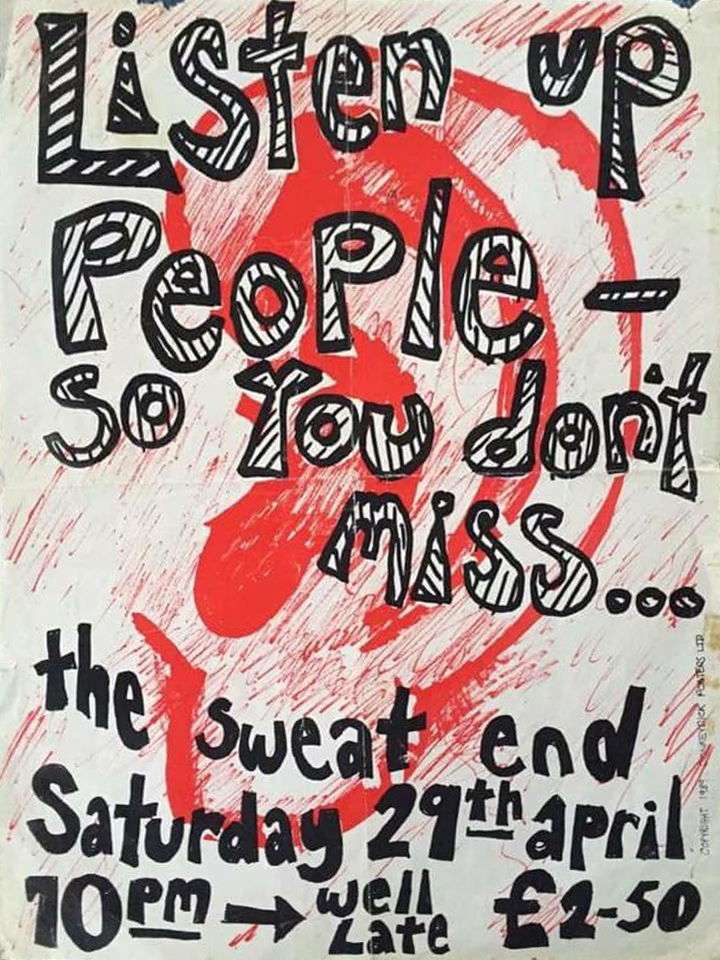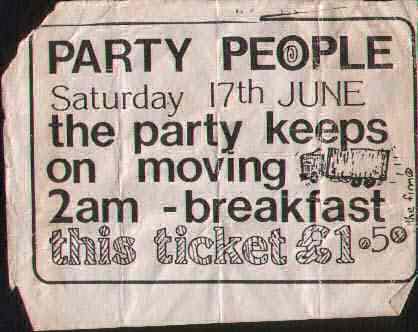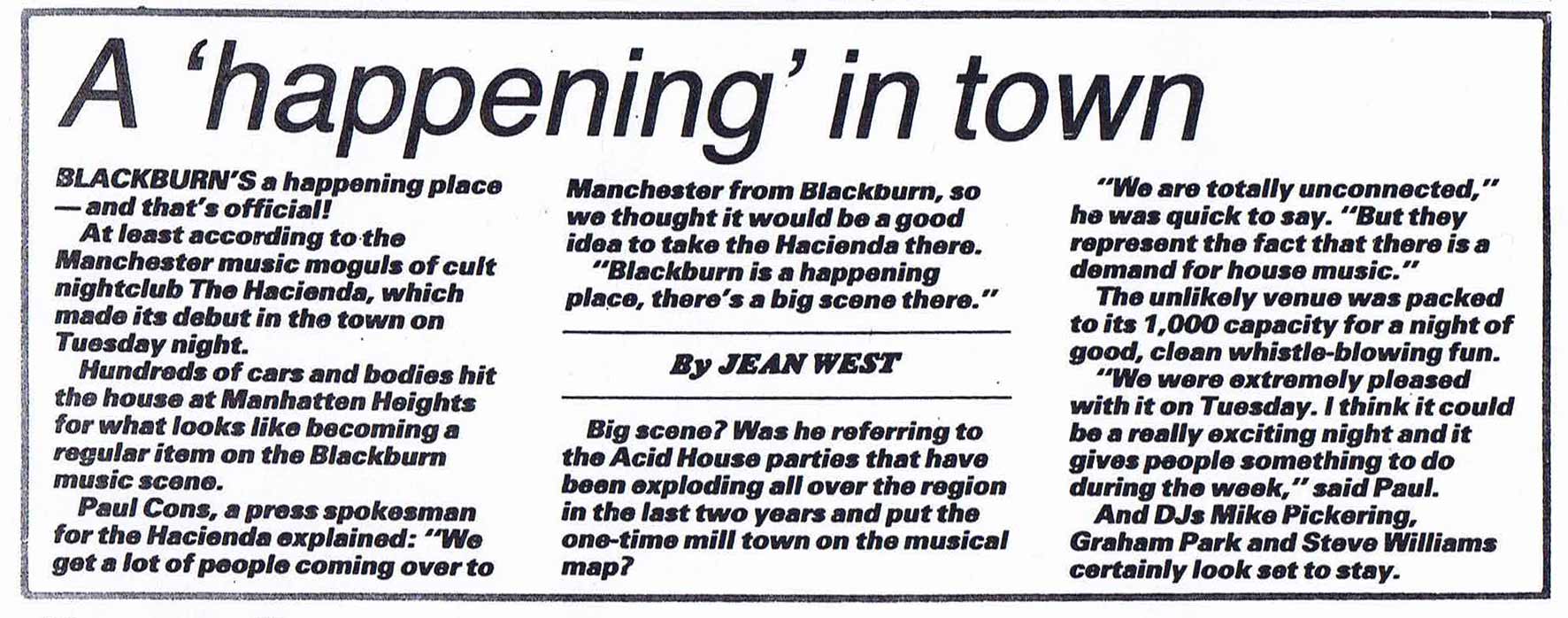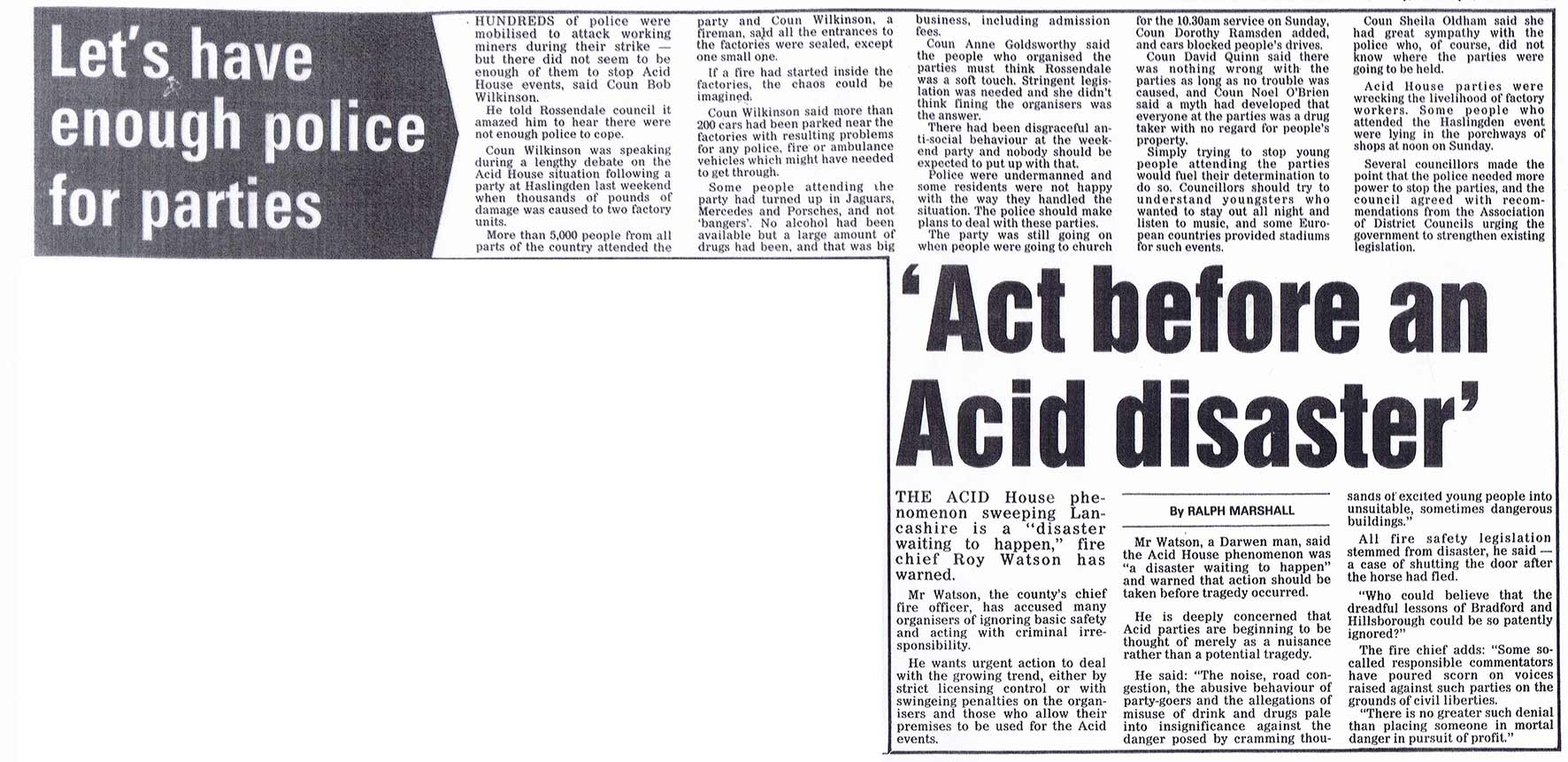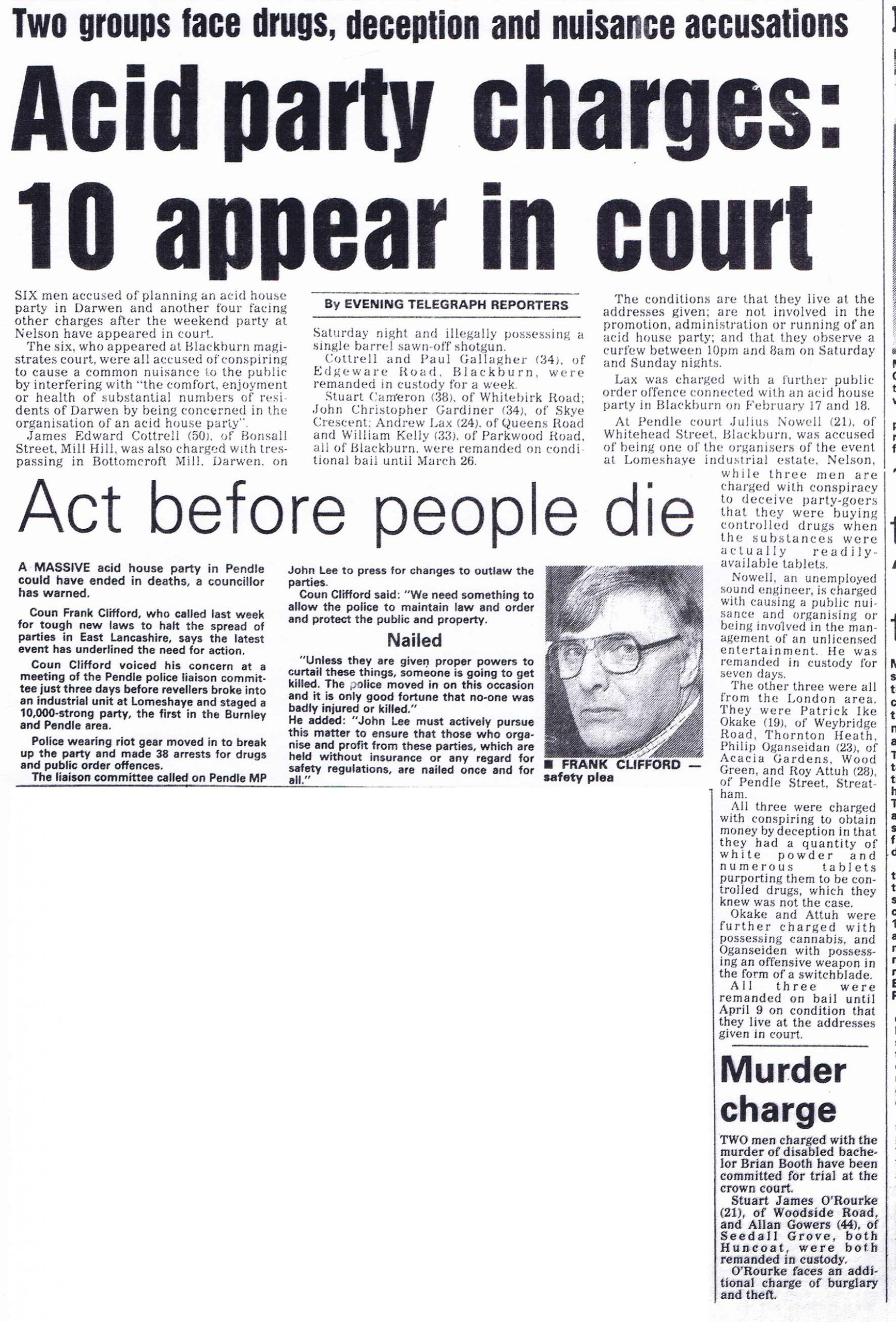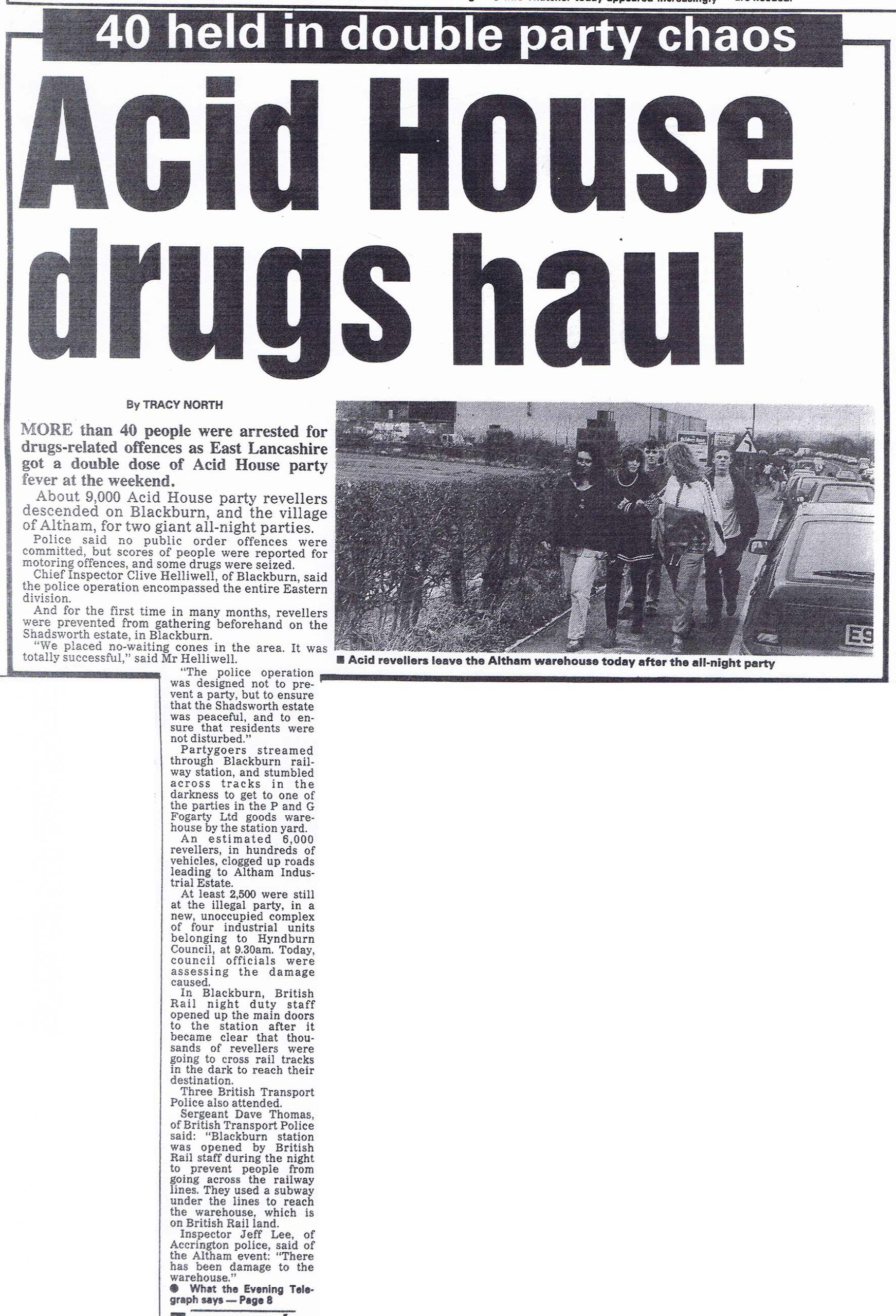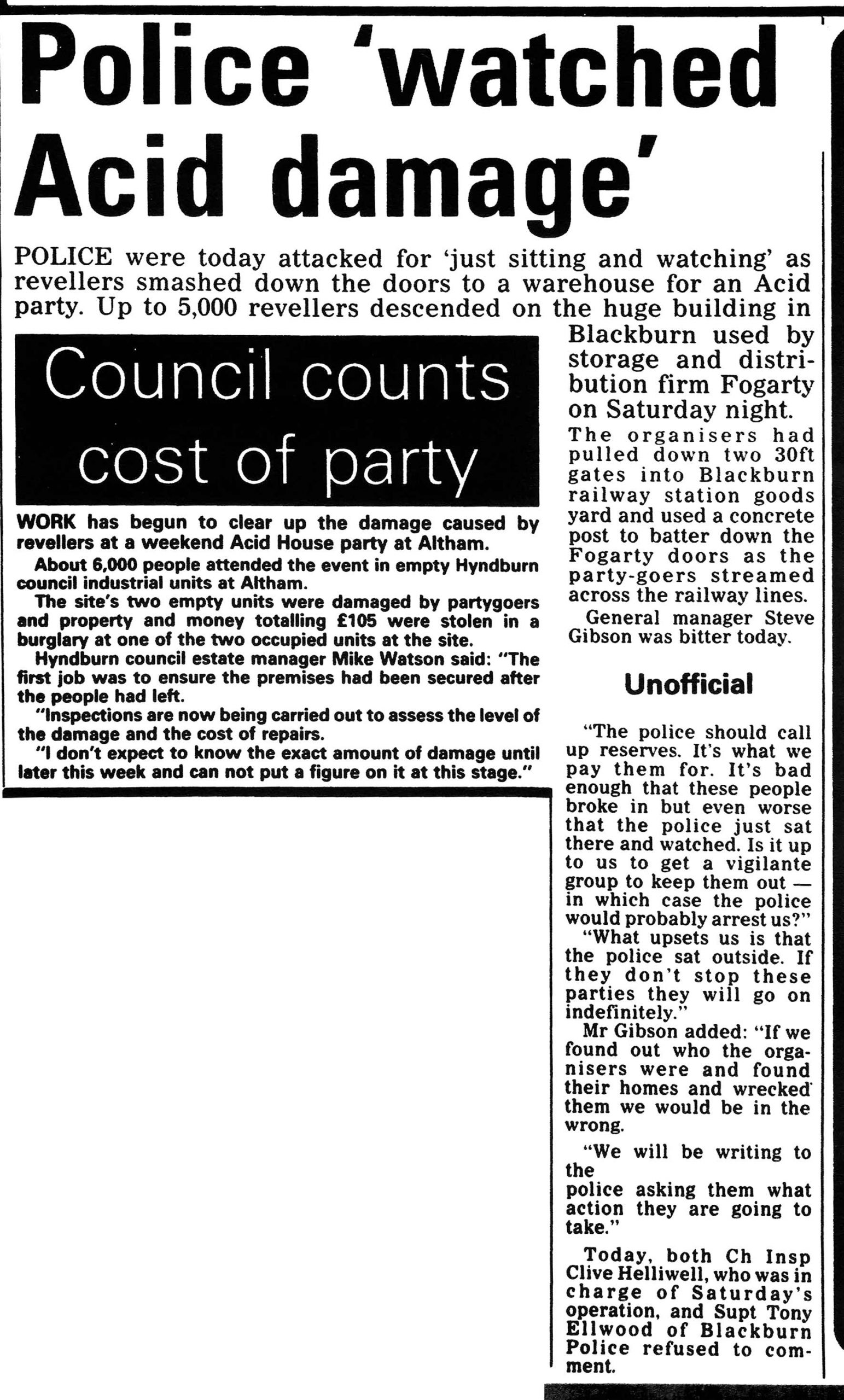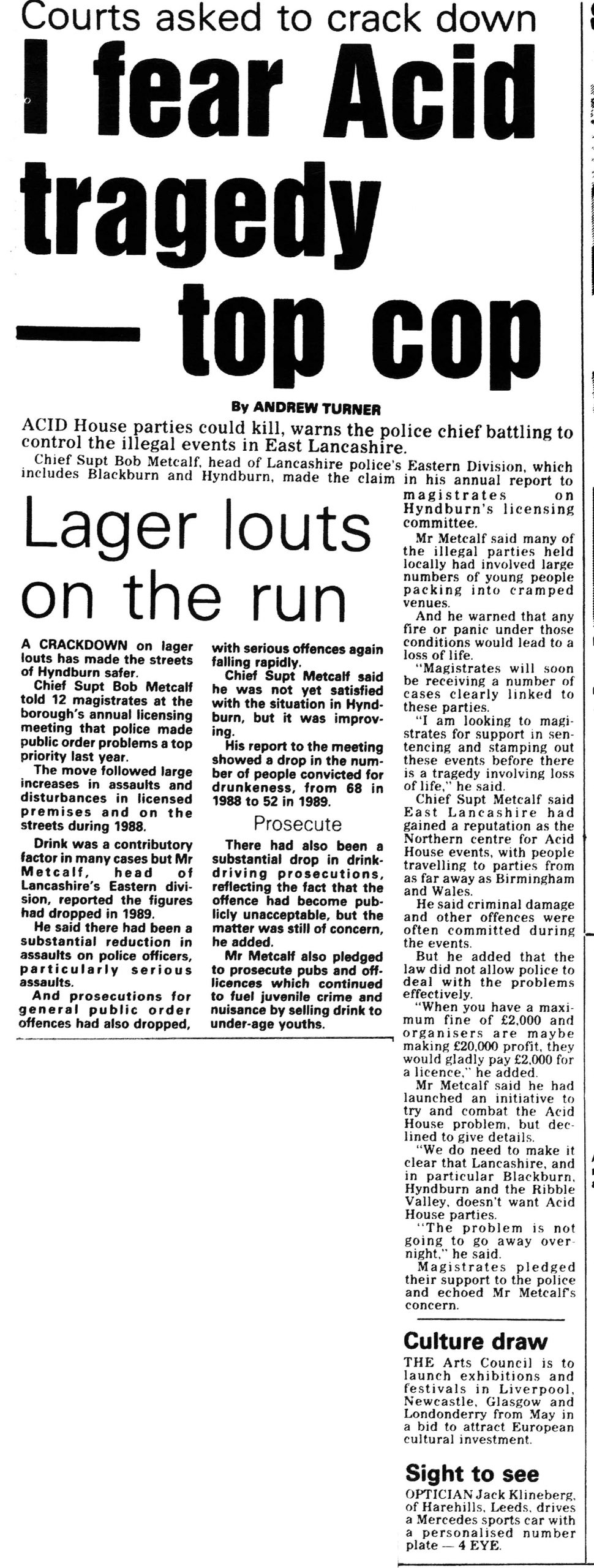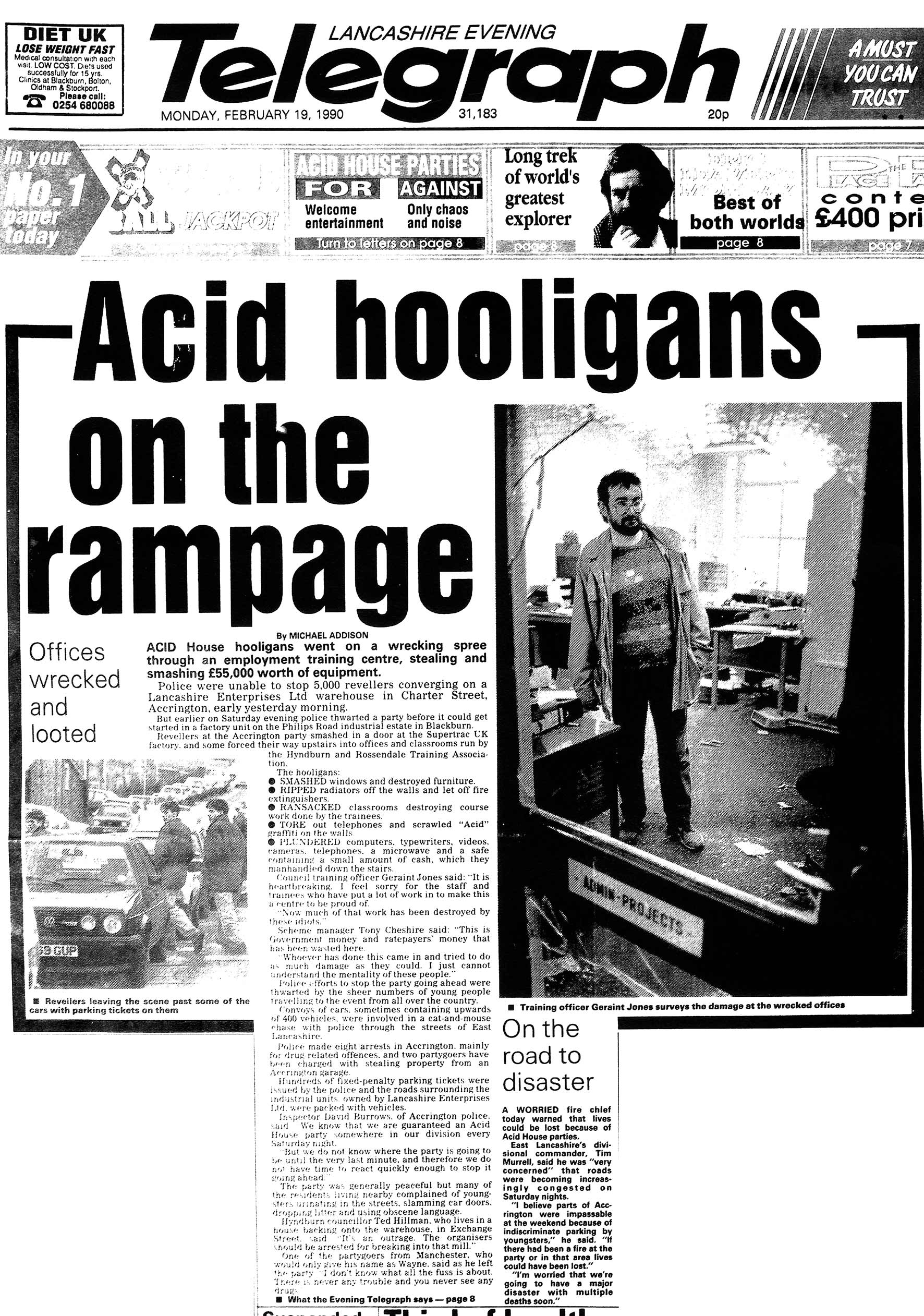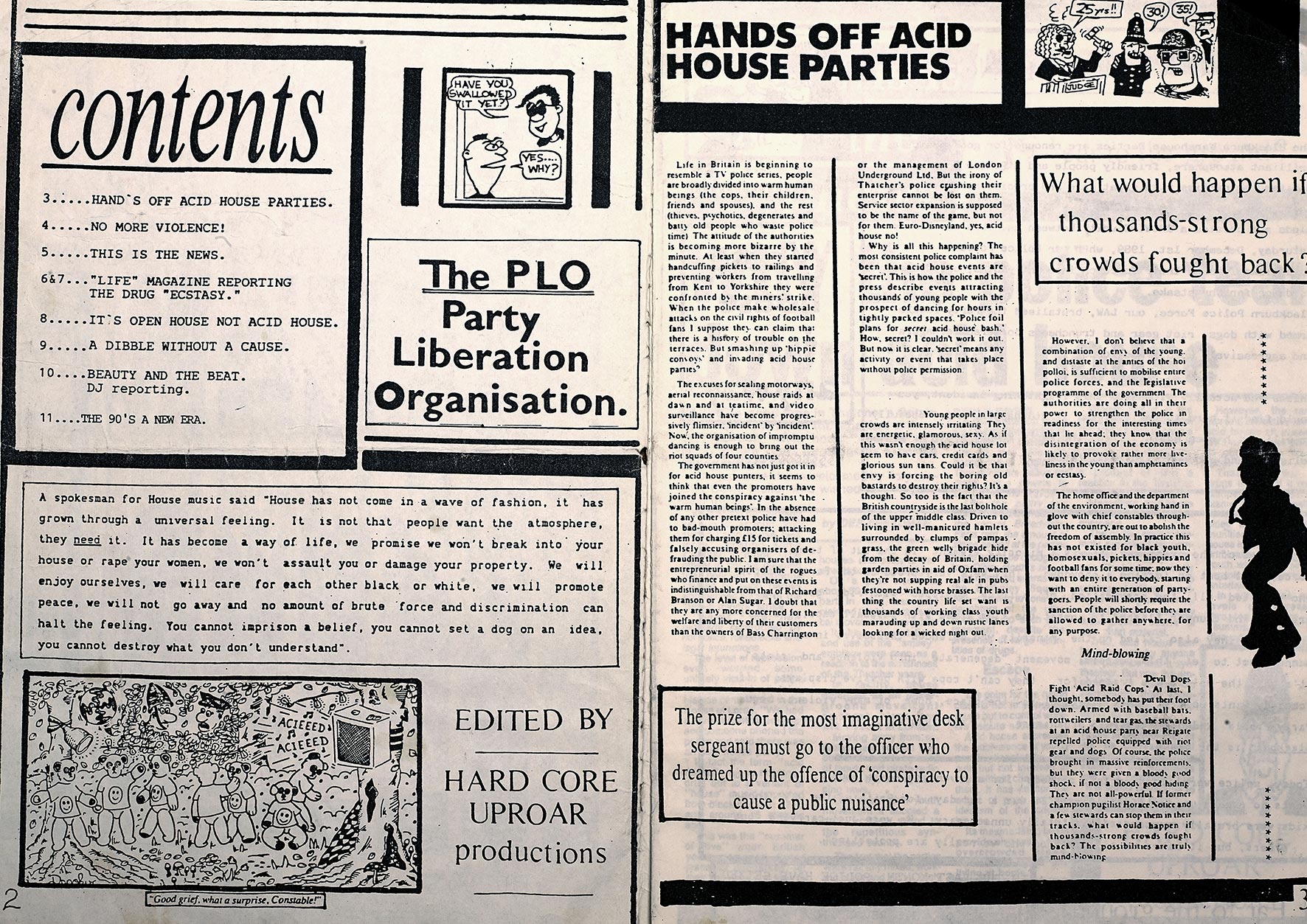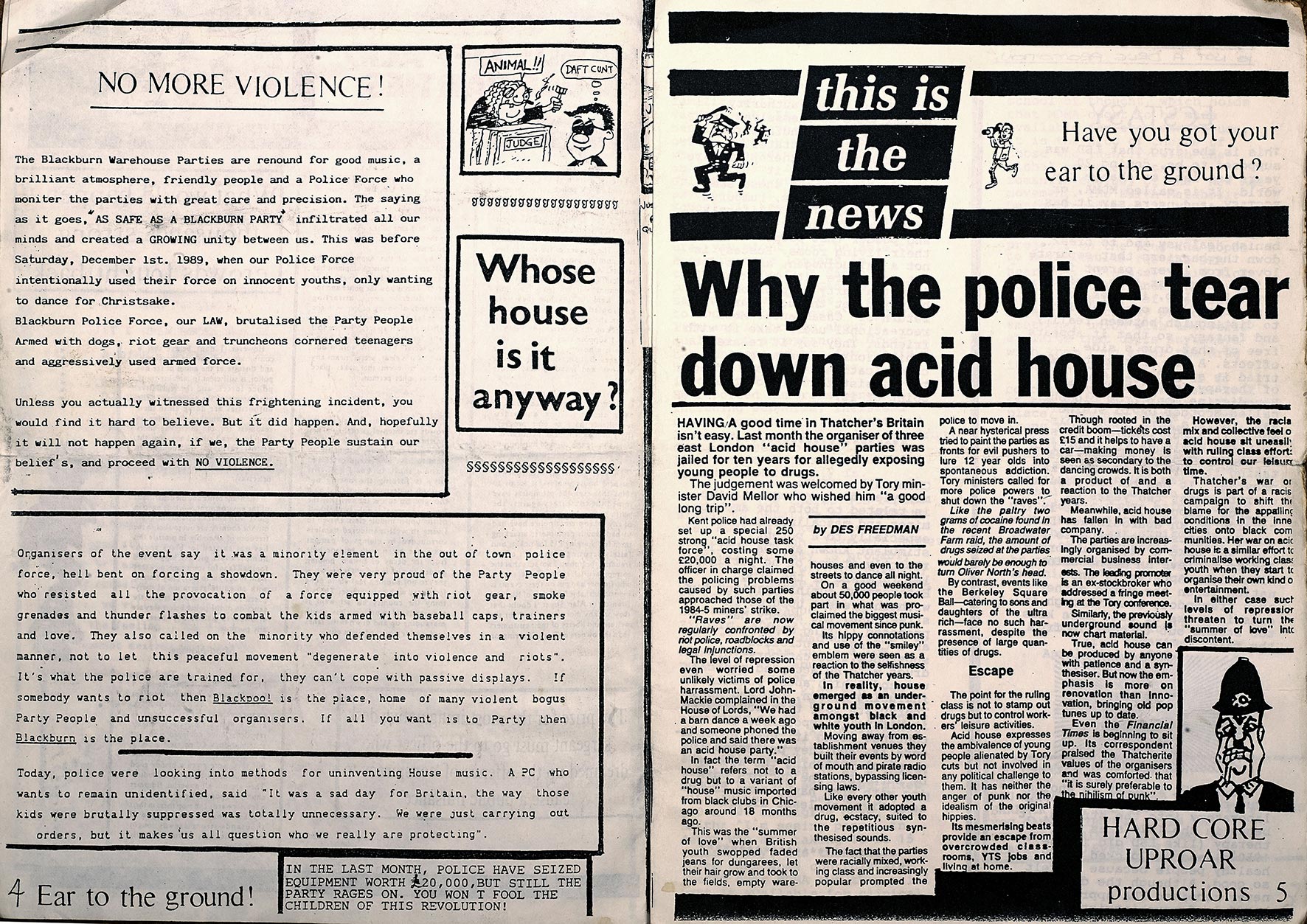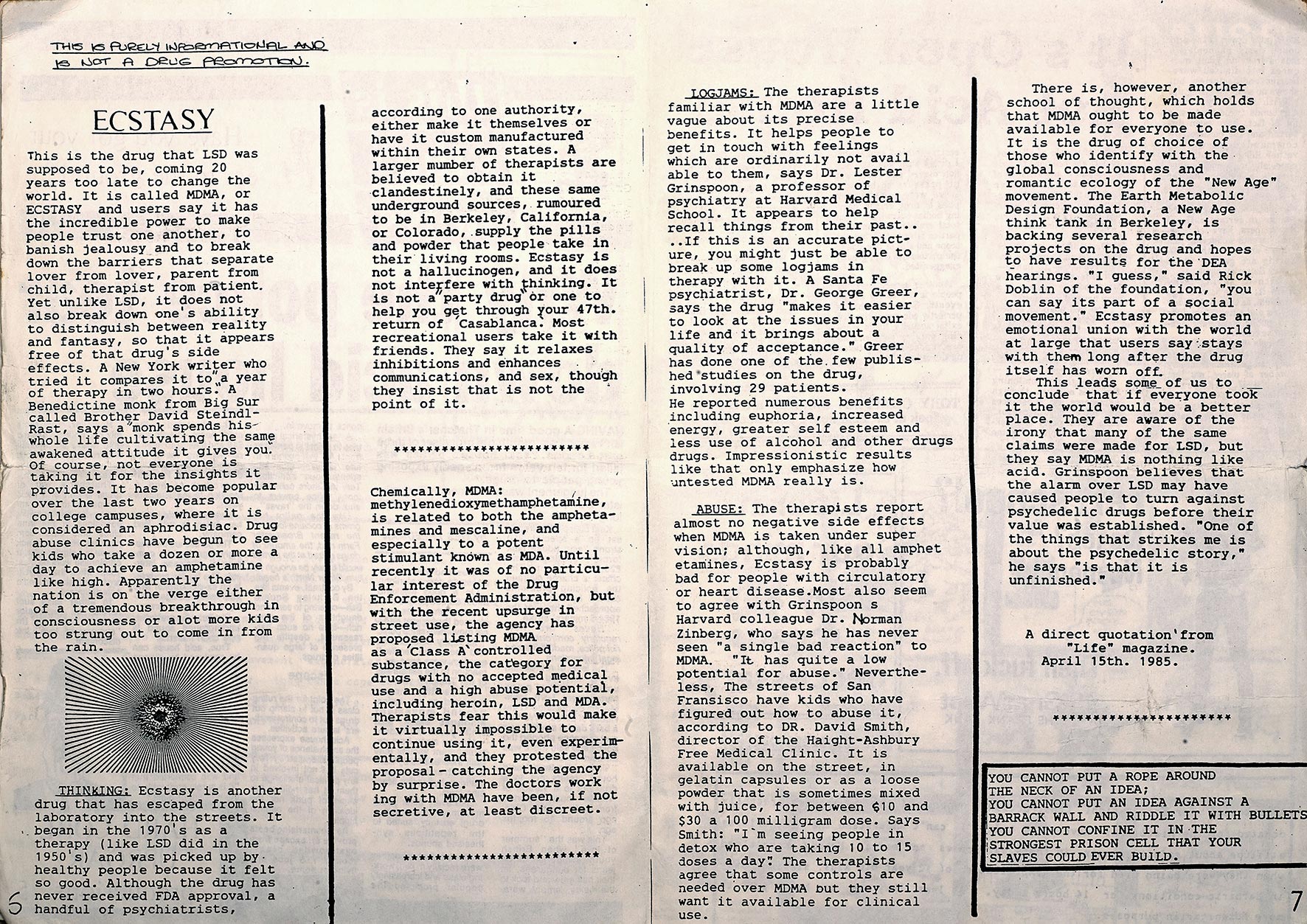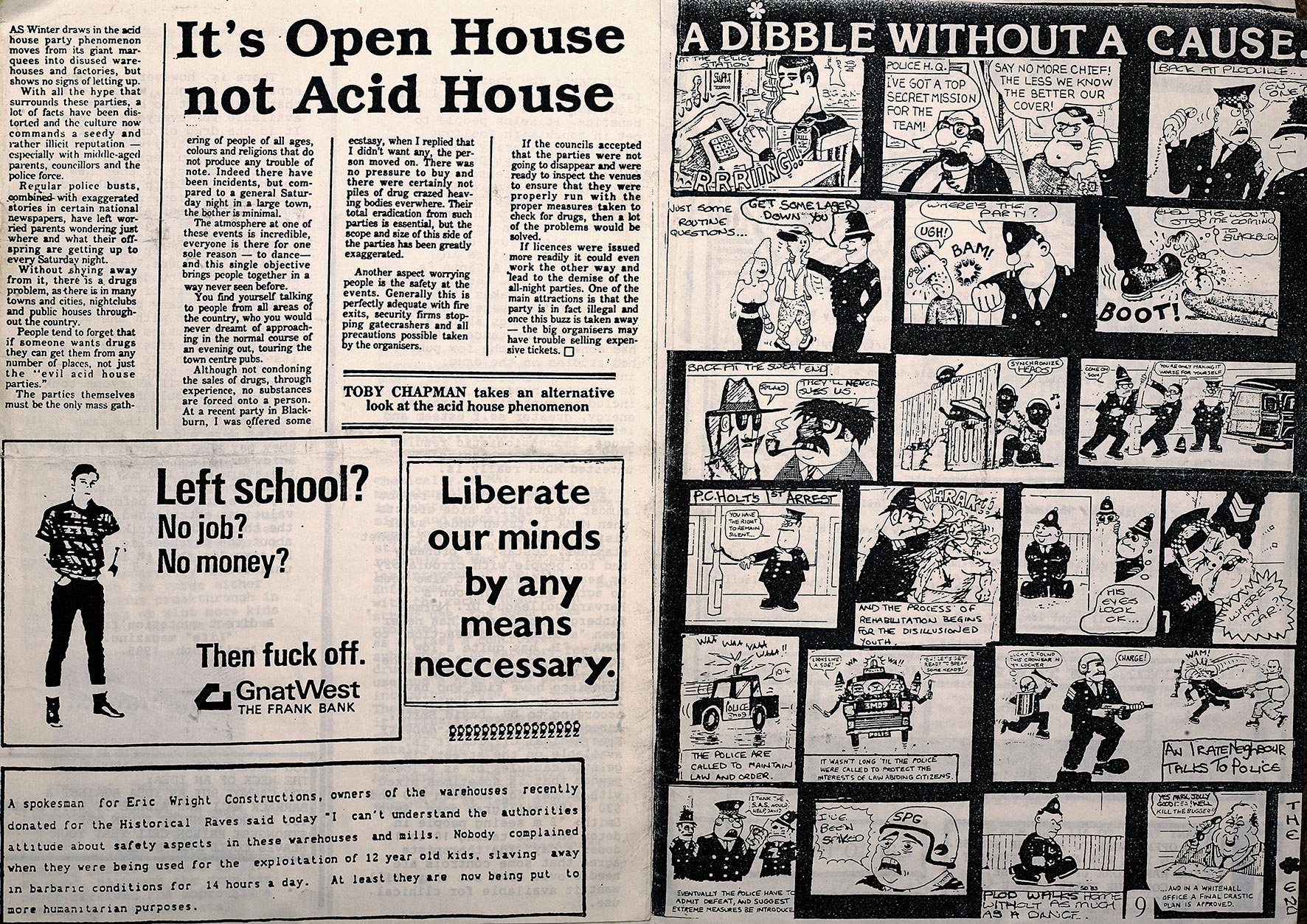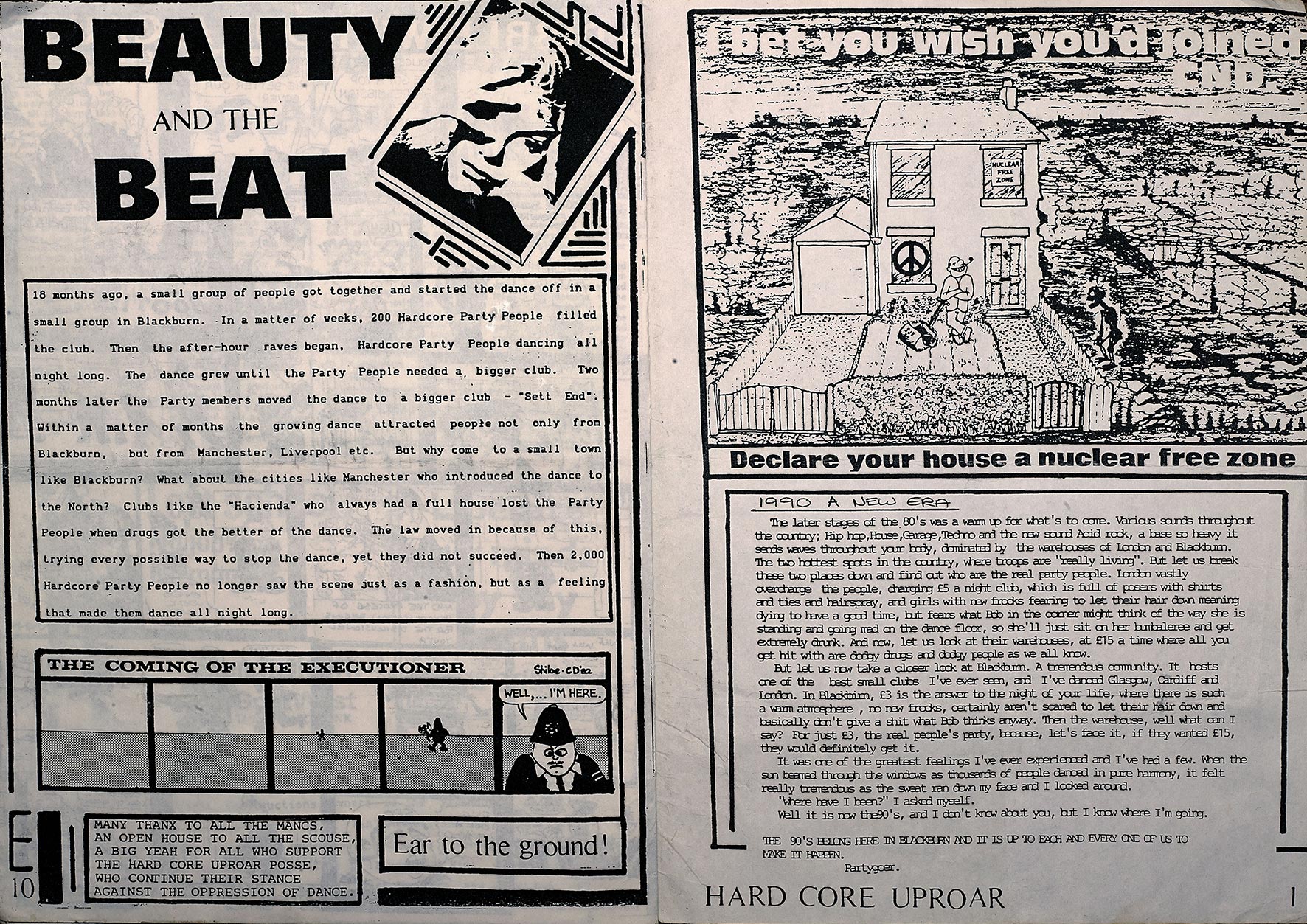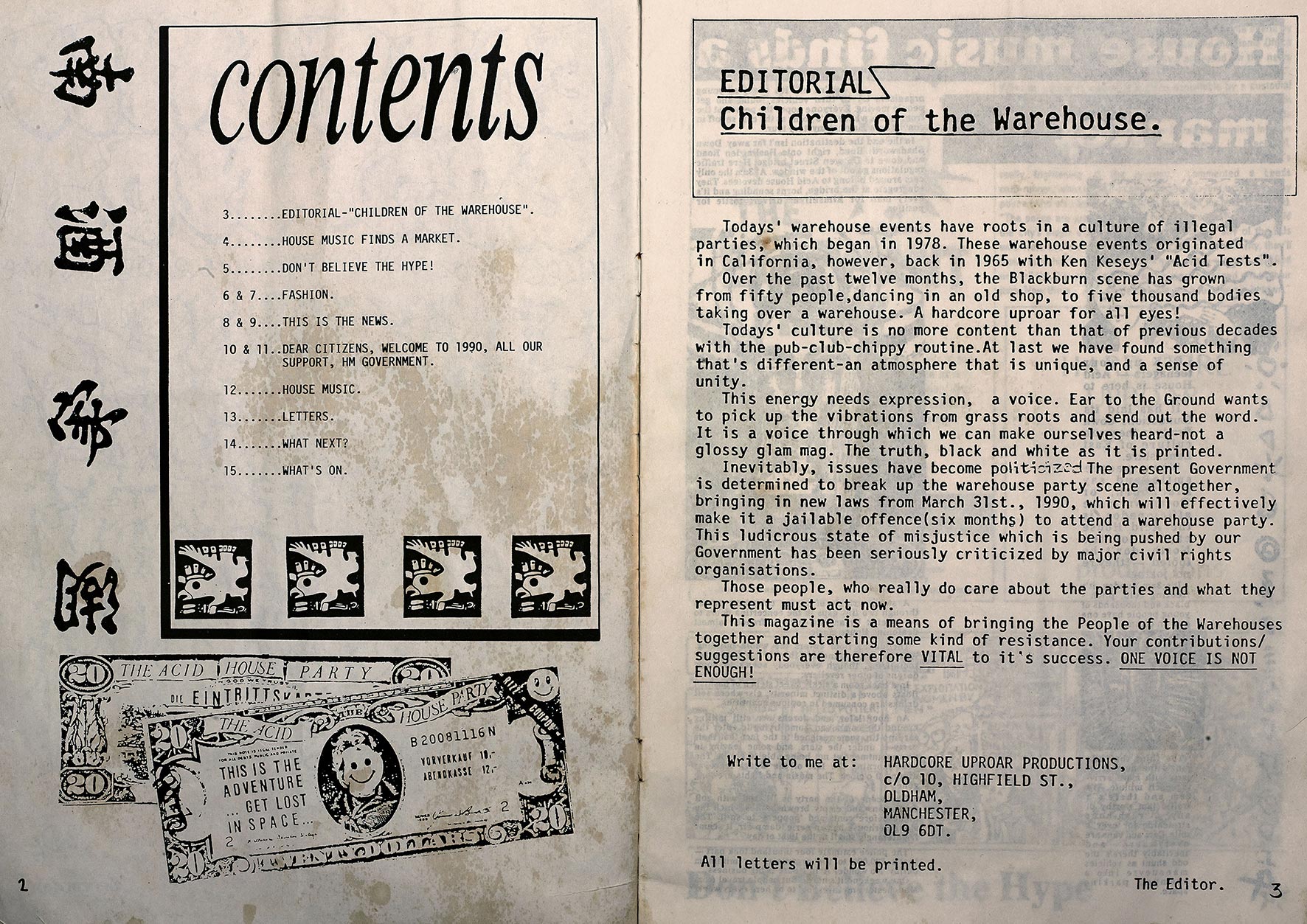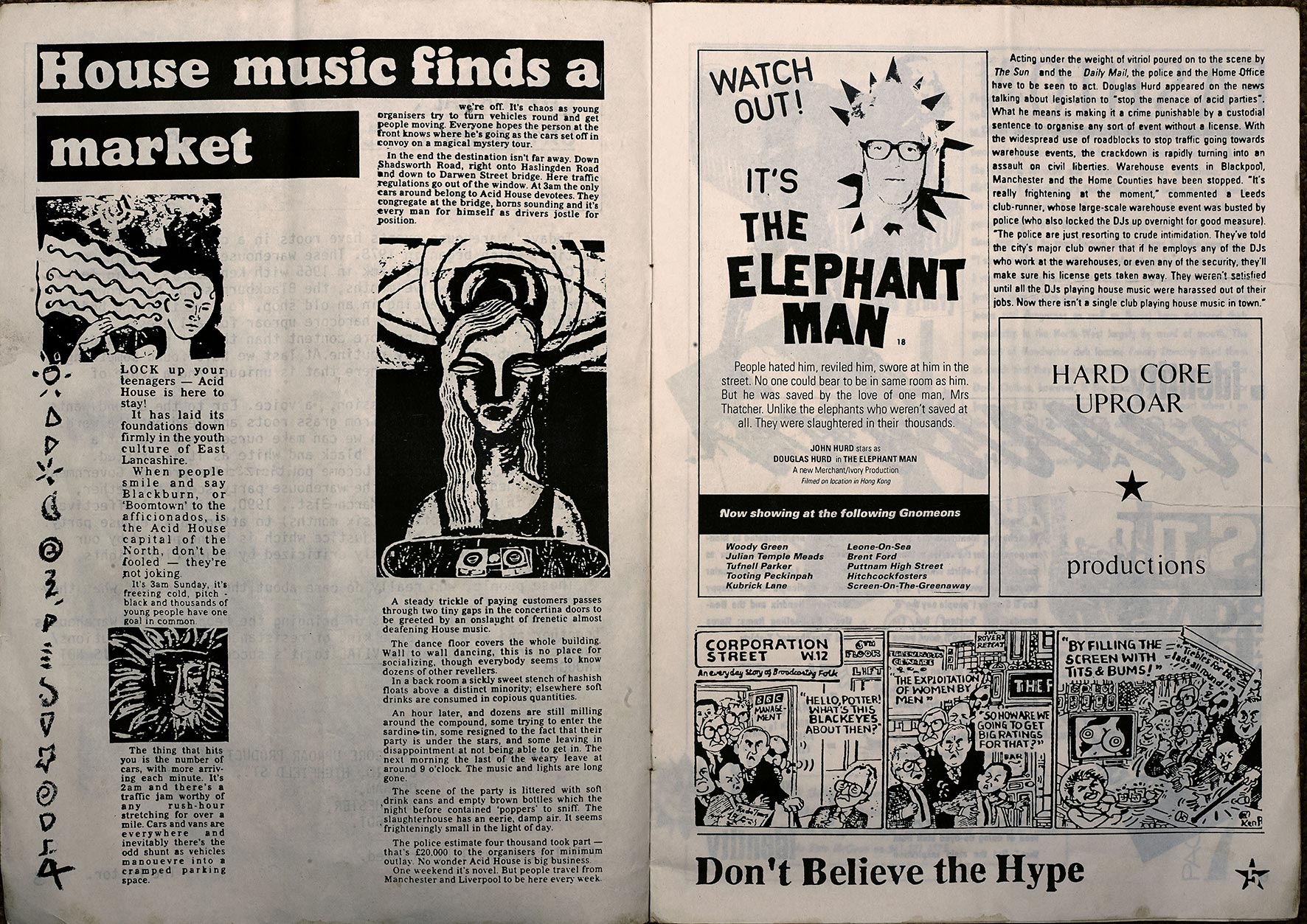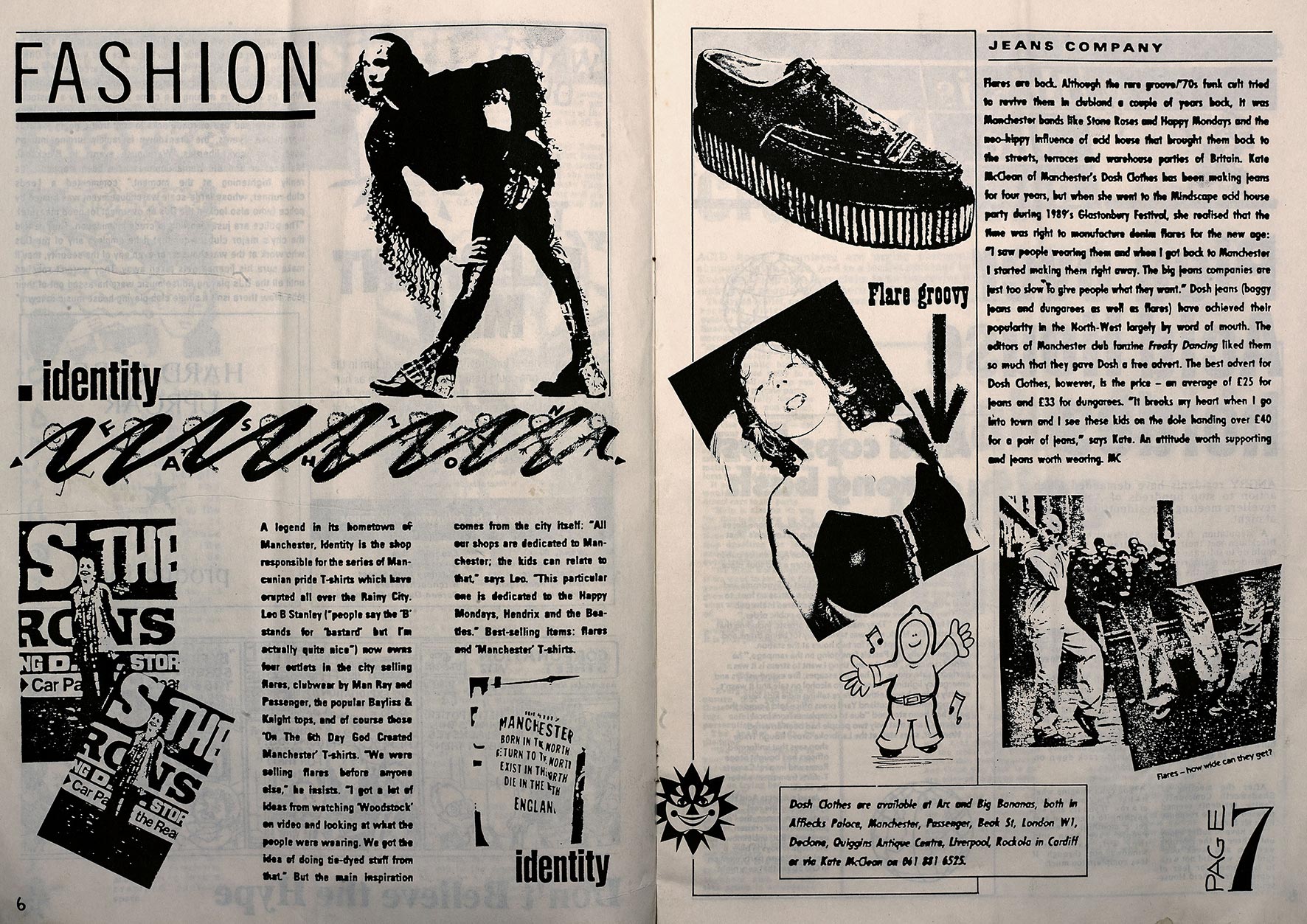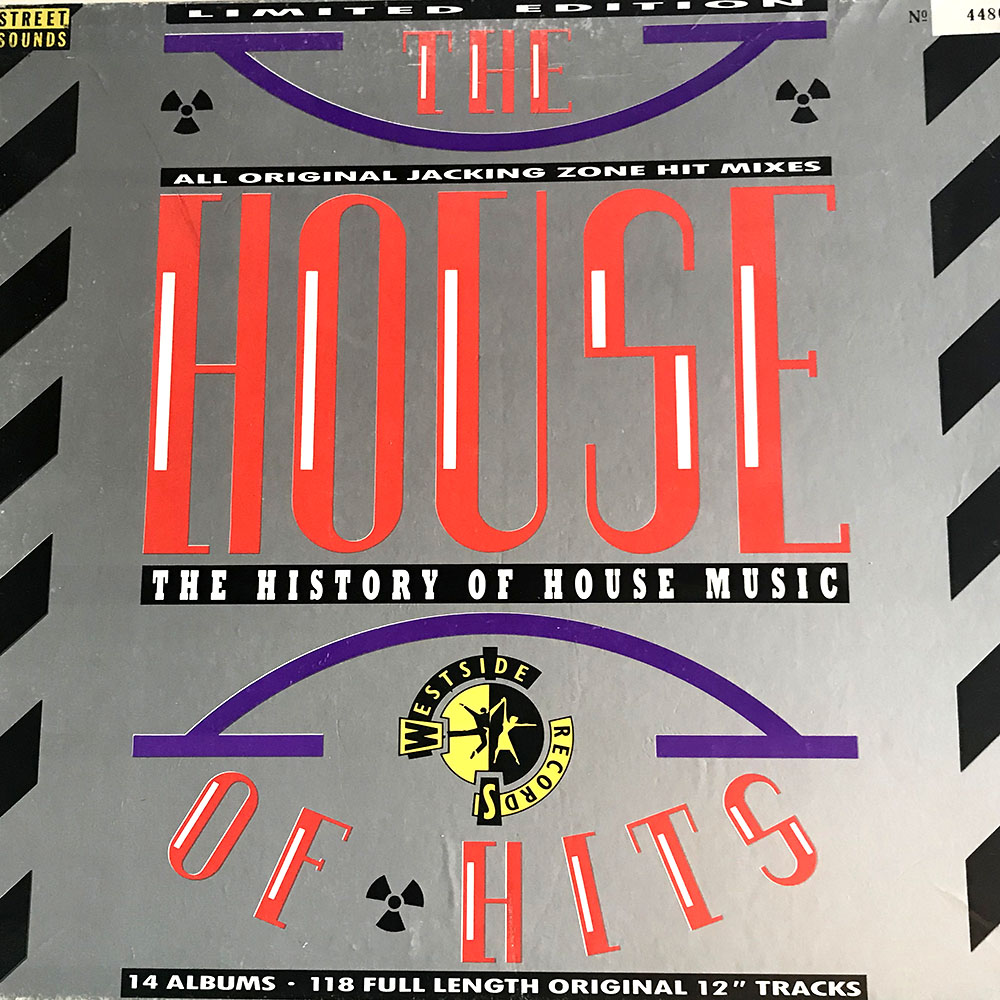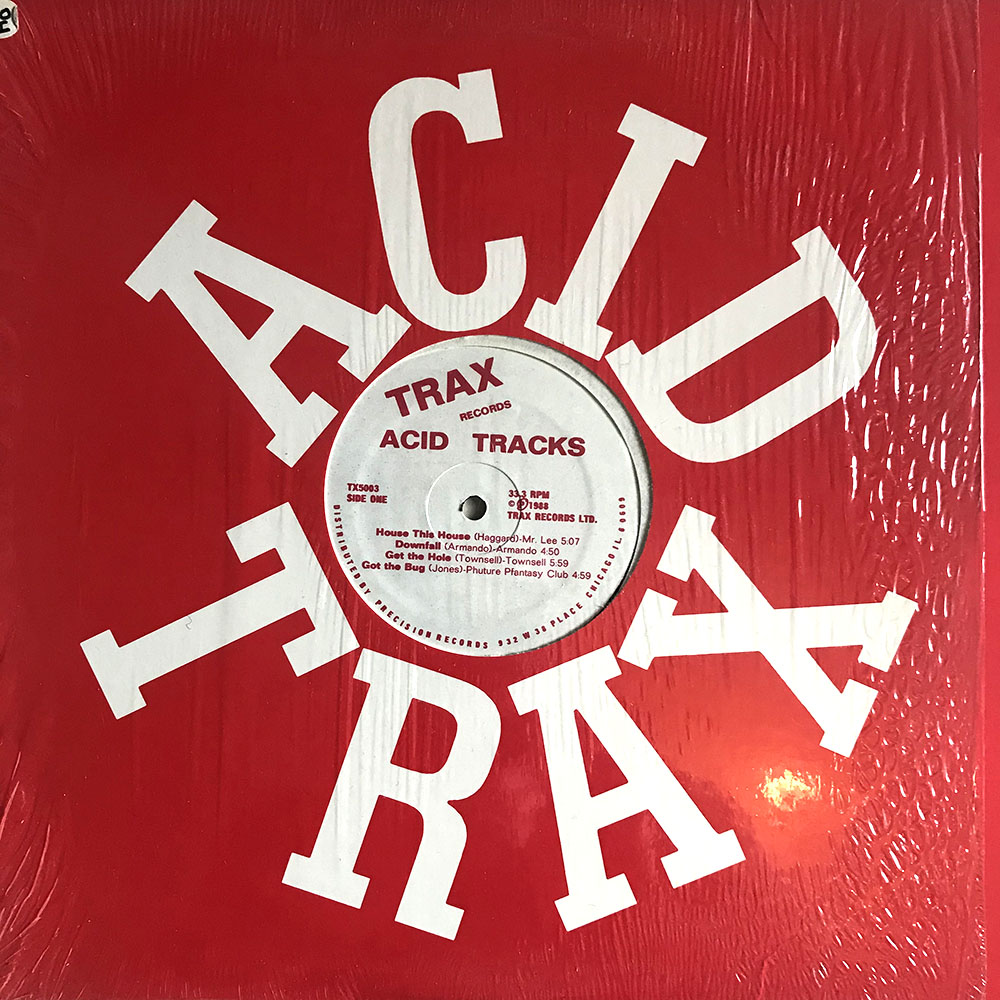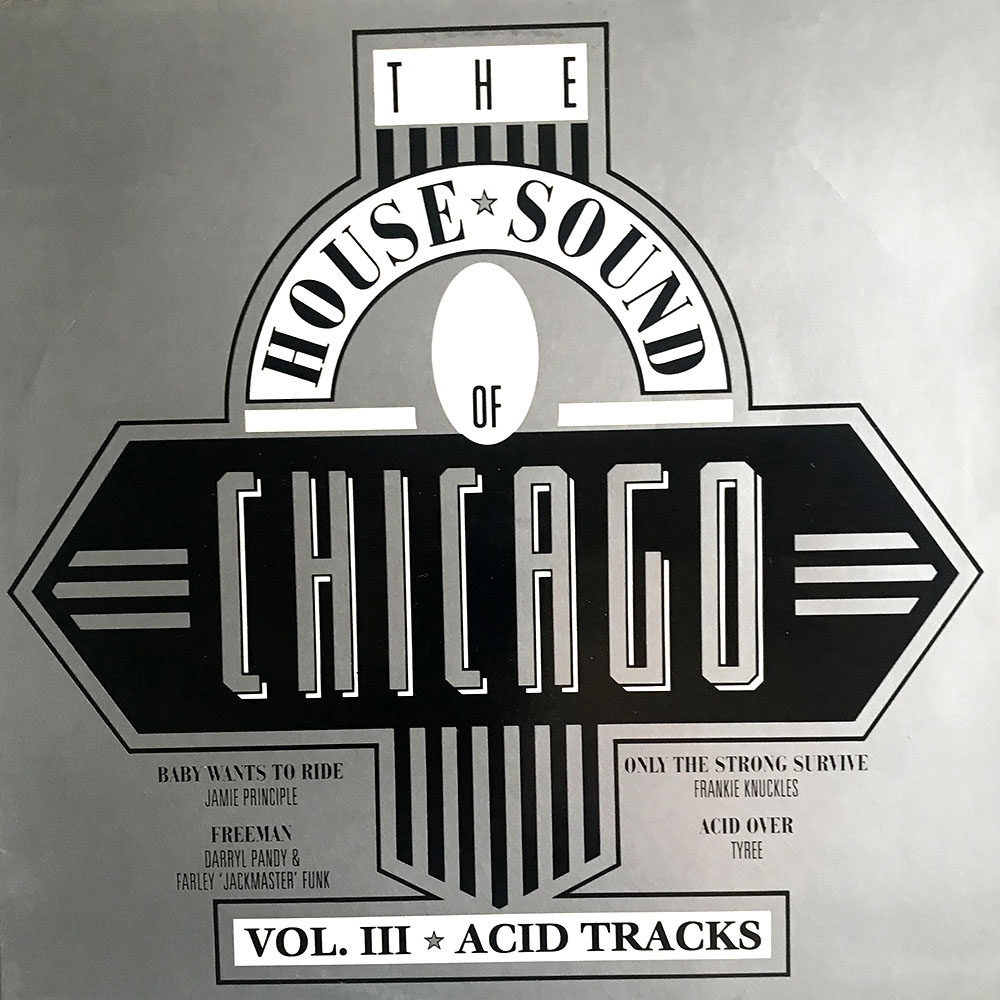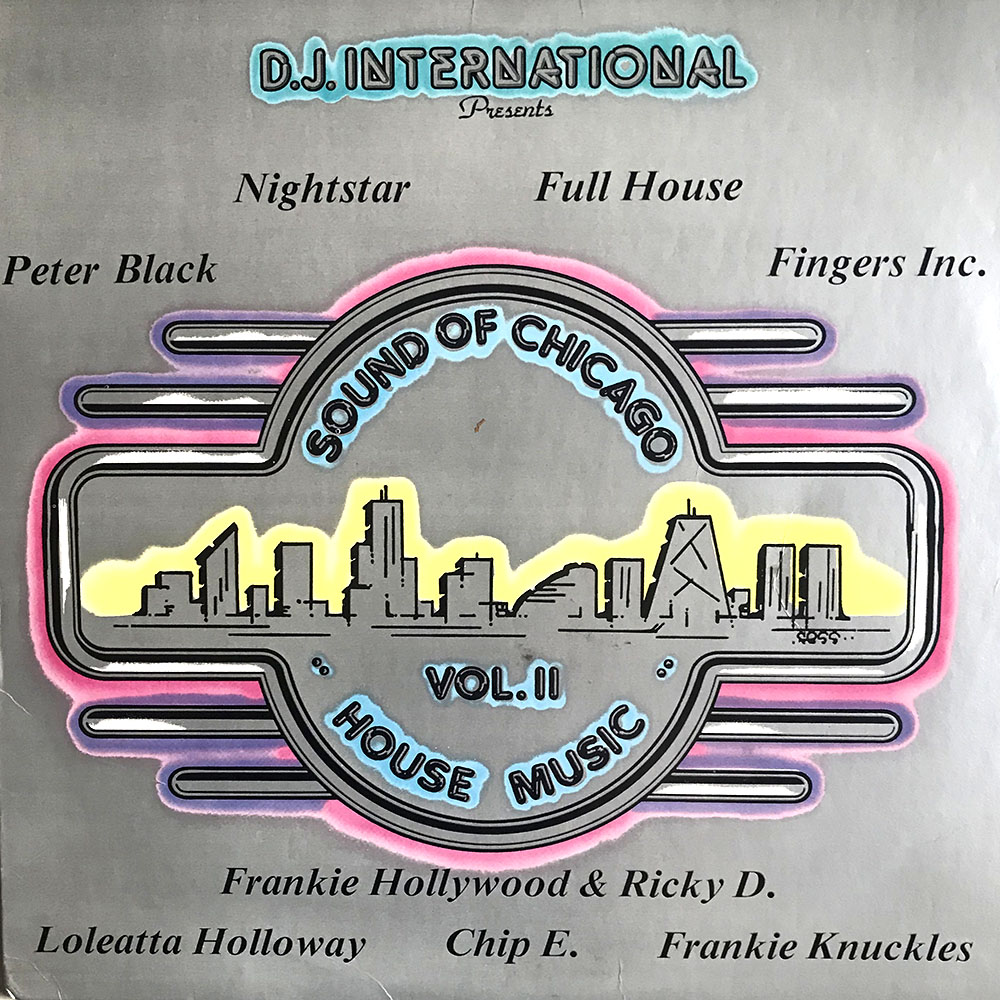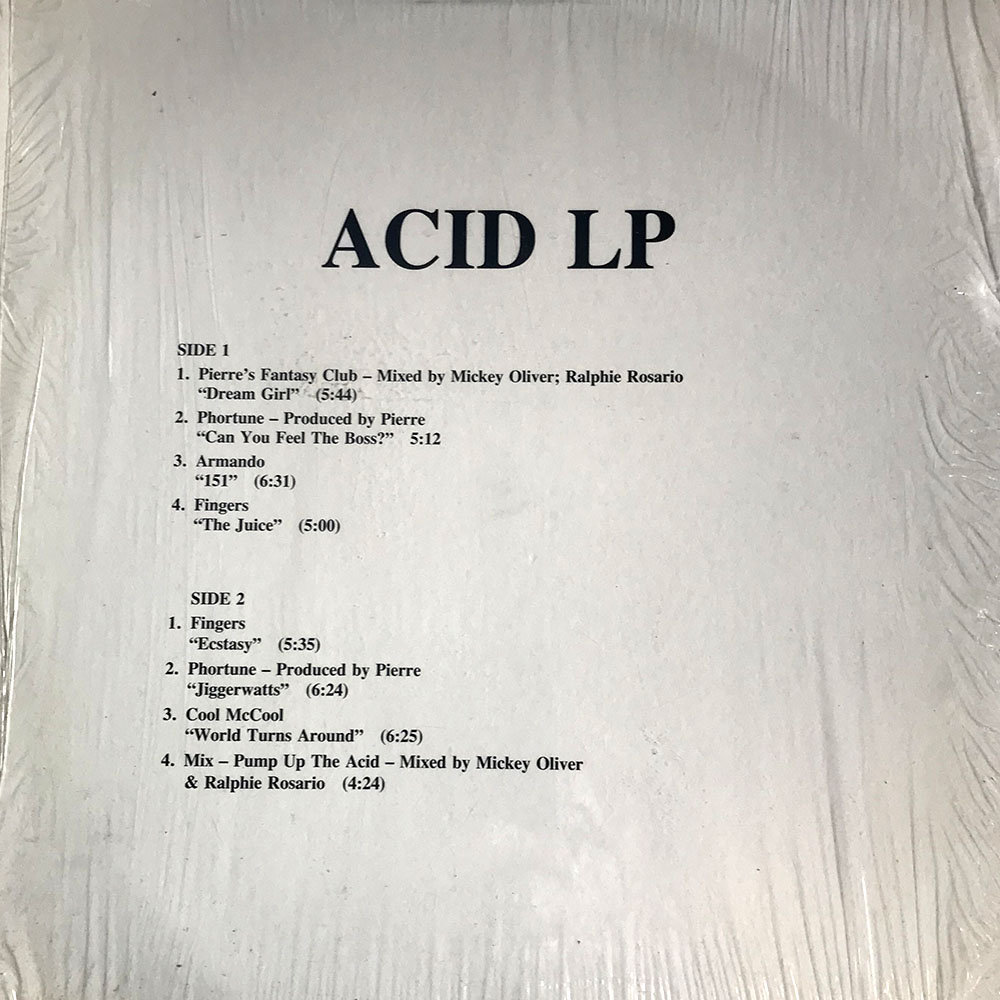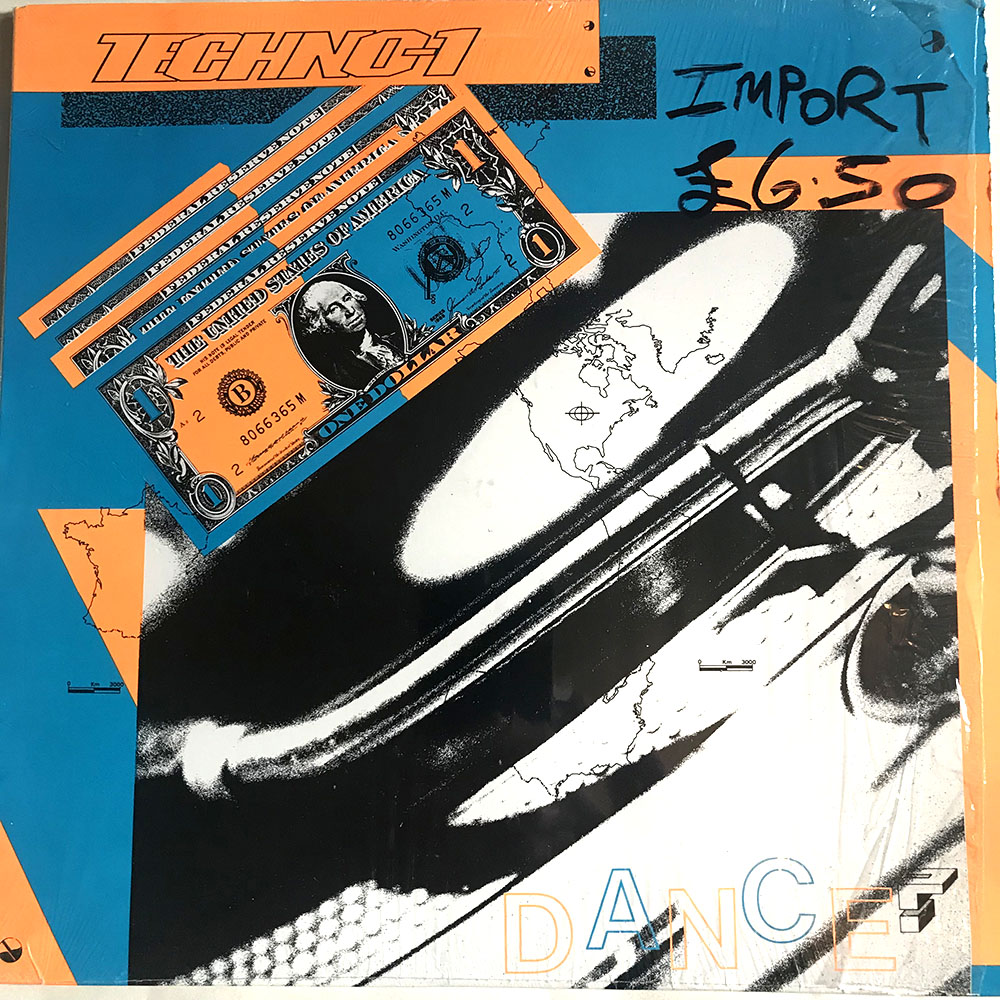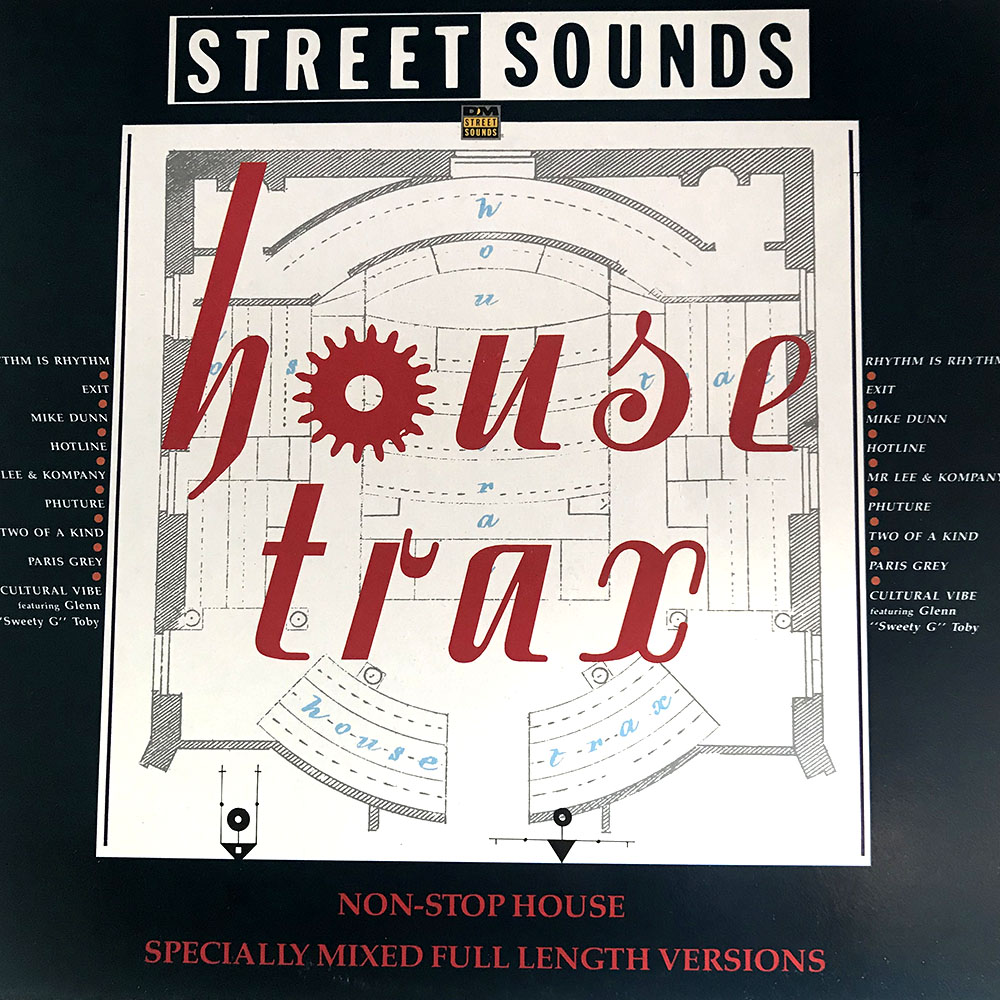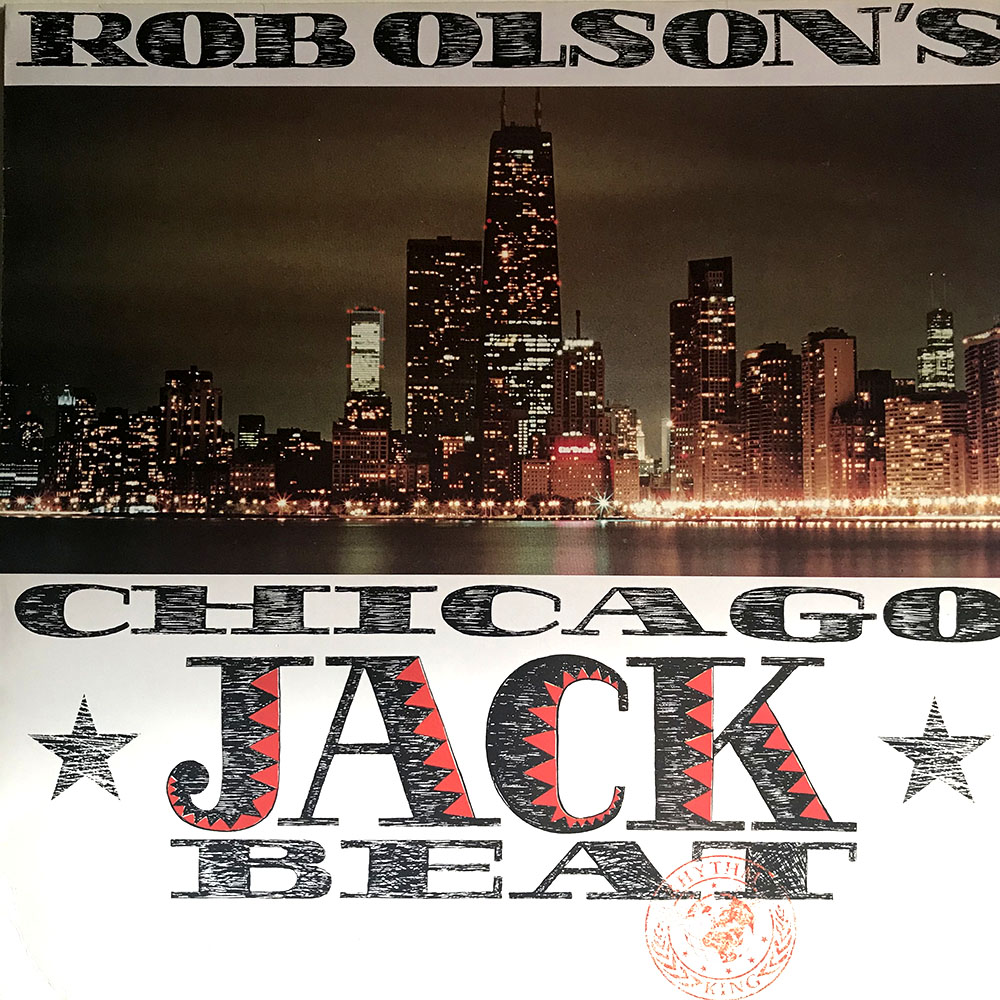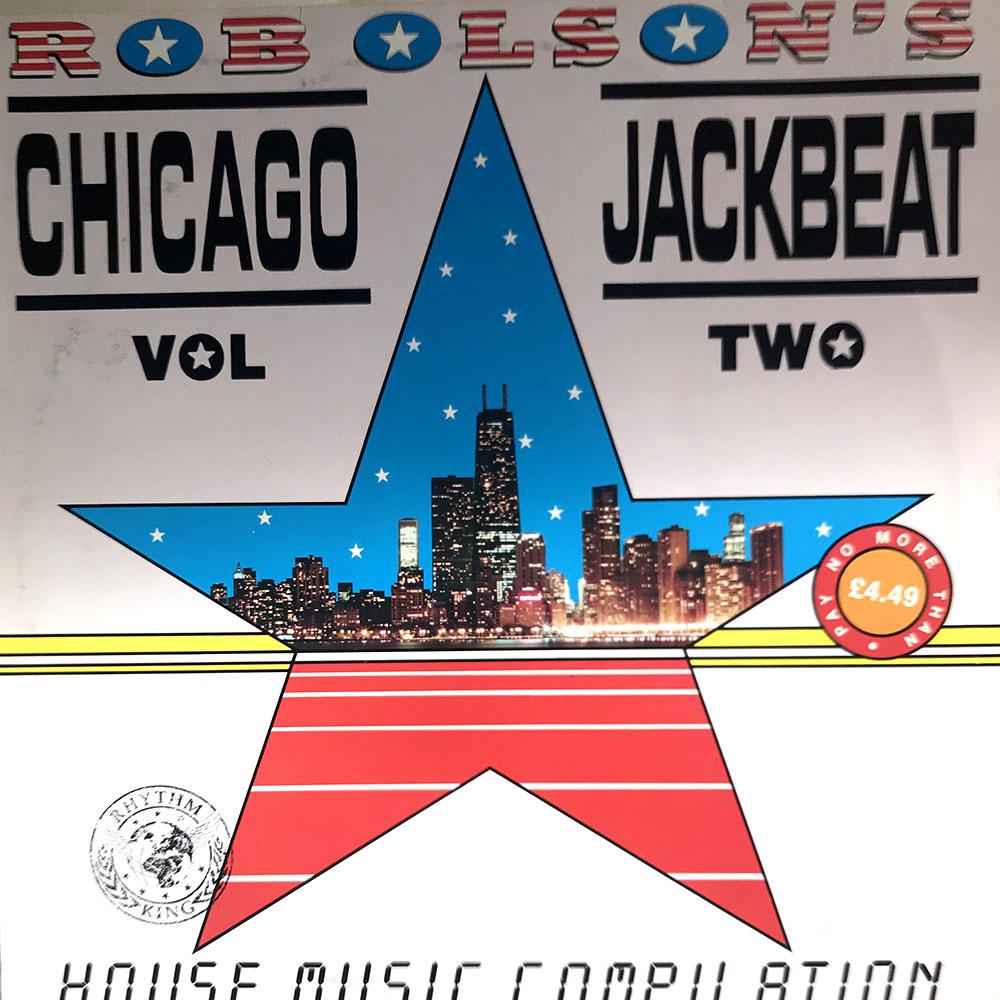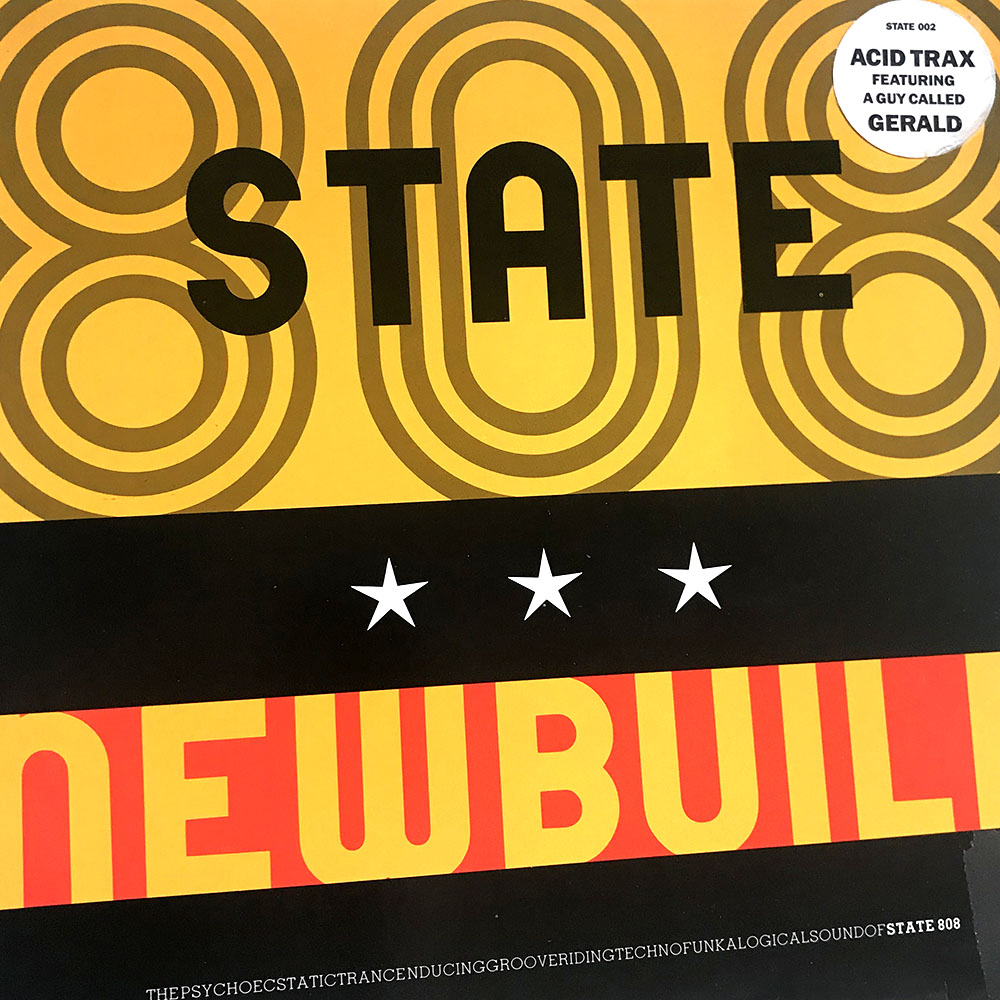Flashback was created in response to the 2019 British Textile Biennial programme.
The British Textile Biennial (BTB) throws a spotlight on the nation’s creativity, innovation and expression in textiles against the backdrop of the impressive infrastructure of the cotton industry in Pennine Lancashire.
With its epic mills and grandiose civic architecture along the country’s longest waterway; the Leeds and Liverpool Canal, the landscape tells the story of textiles. This biennial festival celebrates that story while showcasing its contemporary expression with the community that has textiles in its DNA
In 2021 we explore the global nature of textiles and textile production and the relationships it creates both historically and now, particularly through Fast Fashion. We look at how it has driven migration and how, in turn, migration and colonisation has influenced the development of textiles over the centuries and continues to do so. Once again BTB invites artists to co-create with the communities that live here, often using the spaces that the textile industry created to present the results.
This project is a partnership between:
Super Slow Way
Super Slow Way’s ambitious programme in Pennine Lancashire aims to transform lives and communities through art. The organisation is part of Arts Council England’s Creative People and Places action research initiative, with a remit of increasing participation in the arts in areas of typically low engagement. Super Slow Way works with communities along the Leeds & Liverpool Canal from Blackburn to Pendle, bringing art and artists to a space where time slows down, to look afresh at how people live their fast-paced lives and how they relate to their environment, neighbourhoods and to each other.
Super Slow Way is a partnership made up of the Canal & River Trust, Newground, the local authorities of Blackburn with Darwen, Burnley, Pendle and Hyndburn, Arts Partnership Pennine Lancashire (APPL) UCLan and Creative Lancashire.
Uncultured Creatives
Uncultured Creatives; artist Jamie Holman and Creative Producer Alex Zawadzki deliver work characterised by the exploration of divided histories, sensitive content and the unification of diverse community participants through shared experiences of culture, class and that which makes us human.
Our work seeks to make visible the exciting connections and propositions that manifest when heritage collides with contemporary practice. We look for exciting connections and opportunities to work with new communities in order to research and celebrate their heritage, and make visible their unique histories.
Our research proposes the emergence of culture through the celebration of topics and movements including subcultures, trade unions, folklore, activism, mill workers, football, magick, labour and poetry. Our work explores the impact of ‘Uncultured Creativity’ on the main stream heritage of this country, and locates these shared identities as ‘Future Folklore.’ We are interested in telling these stories because we think these stories matter.
Lighten & MXM
The development and creative technologists behind the project are Lighten who are a focused team of strategists, engineers and designers working on world class software, web and design.
Chris, the owner and founder of Lighten, is an award winning games developer so creative projects are a special treat for them.
The creative concept and brand for the project was done by Made By Mason. It is the practice of independent designer and creative problem solver Chris (Mason). Chris works collaboratively with talented people to create brands, books, experiences, websites and products. With over 15 years industry experience working across a range of creative disciplines, his approach is refined and his process is evolving all the time. Chris has a straight talking, free thinking, ideas led approach to everything. With ideas at the core of all his work, Chris is sure to bring a creative spark and lateral angle to every project. He works with closely with bold, brave clients that aren’t afraid of facing the truth in order to create a new one.
All good things must come to an end! The Flashback archive is now closed and not accepting any further contributions to the archive. If you have a question regarding the archive please email the Flashback creators; however you may find there is an answer to your question on our ‘Methodology’ page found at the bottom of the homepage or our ‘About’ page.
Methodology:
The intention of this project is to capture oral histories from individuals who attended Acid House parties in Blackburn between 1989 and 1991, preserving the moments these people choose to remember and celebrate, rather than present a historic overview or definitive chronology. The interviewers therefore do not claim that the details in each interview are factually accurate at all times, or that every detail of the era is represented.
The interviews collected in this archive are the opinions of the individual and may not represent the opinions of the organisations involved.
We have chosen to present these stories without defining a political or social context or viewpoint – which is often seen in documentaries or news articles about the era. We simply invited participants to contribute, and recorded their responses to a short set of questions that simply established their name, age and where they lived at the time; before inviting them to share their memories, good and bad of the era – be they ex police, DJs, party-goers, organisers or politicians. Therefore these interviews have only been edited at certain times; when the interviewee has discussed or compromised another individual’s identity or when interference or background noise has disrupted the interview.
For context; the interviewers were Alex Zawadzki , the creative producer for the project, Jamie Holman who lived in Blackburn and was a teenager during this era and Joe Fossard who was significantly involved in the organising of events with his expertise with sound systems. He still works as a professional sound engineer and occasionally you will hear moments of conversation, where interviewees reference the latter two interviewers.
We hope this website creates a future archive for researchers to use, and contributes to our understanding of the cultural heritage of Blackburn, and East Lancashire. We ask that you credit Acid House Flashback when using the materials here; whilst naming the interviewee in any used quotes, and crediting anyone referenced when clicking on the images or archival documents found here.
We would like to thank everyone who participated in an interview during this time; to those who shared their photographs, flyers and newspaper cuttings; and to those who helped us record, design and generate content for this site; and especially to those supportive individuals who helped us build connections across communities which allowed us to deliver this project.



